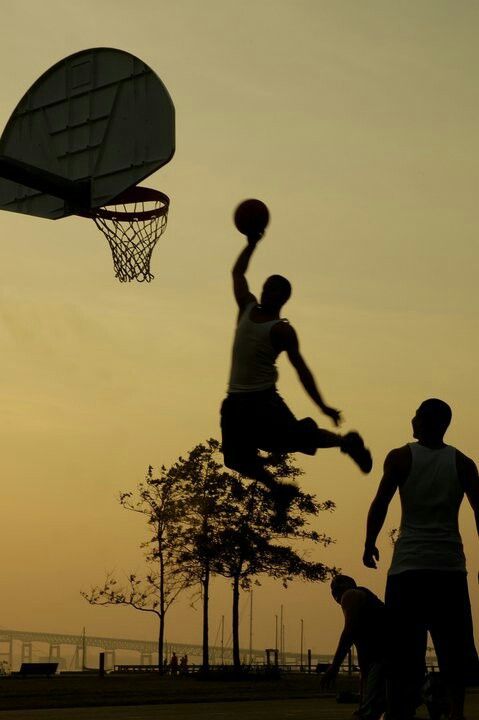Home »
Misc »
How basketball changed my life
How basketball changed my life
On the Court: How Basketball Changed My Life – The Rider Online
Isaiah Manning, staff writer, talks about how basketball changed his life.
Isaiah Manning, Staff Writer
December 7, 2021
In the summer of 2016, I started my first ever select basketball season. At the time, basketball didn’t seem like the sport for me. I lacked coordination, couldn’t shoot to save my life and my parents were sure I’d be done playing in the next year.
But I wasn’t.
Something about the game of basketball drew a different kind of love out of me than anything else. Putting up shots, as much as I missed them, I enjoyed more than almost anything else. I would go to the park and work on my left-hand layups for hours. A pure desire to be greatly associated with basketball that I couldn’t replicate anywhere else.
My late grandfather, John Harper, can take most of the credit for my love of the sport. Whenever he came into town we always used to go to the park and play. Although he was older, my grandfather embodied an athletic man standing around 6’6” 215 pounds.![]() He taught me some of the fundamentals, but more than anything else the importance of loving what you do and always hustling and working towards your best. This inspiration, not just in basketball, but in all of life is a big part of what has molded me into the person I am today.
He taught me some of the fundamentals, but more than anything else the importance of loving what you do and always hustling and working towards your best. This inspiration, not just in basketball, but in all of life is a big part of what has molded me into the person I am today.
Fast forward to Sep. 12, 2020. I walked out of my bedroom at around 10 a.m. ready to go workout when my parents told me I should call my AAU coach. I didn’t think much of it because we had a workout that day, but it seemed suspicious because both of them couldn’t seem to stop smiling. When I got on the phone, my coach didn’t greet me with the normal “Wassup Zay.” Instead, he told me he had big news, that I received my first scholarship offer to the University of Texas at Arlington. It felt like I couldn’t wipe the smile off my face.
A little under a year later I received my second scholarship offer from Troy University, and in the next four months I had worked up to 10 division one full scholarships.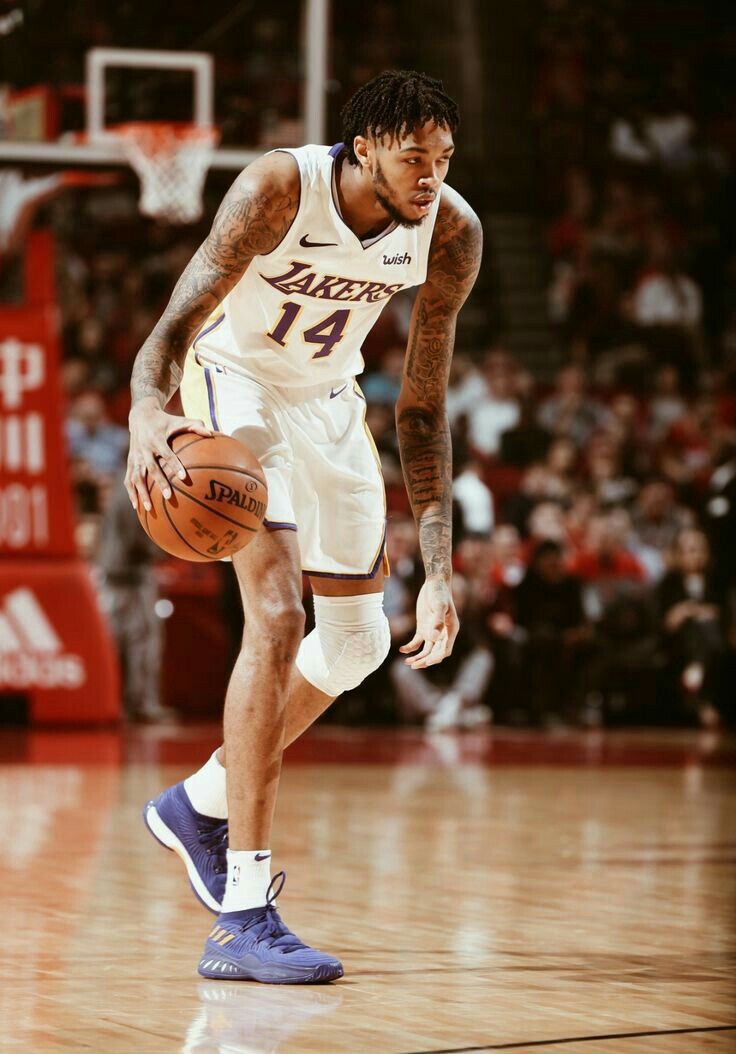 It’s a blessing to be in this position, and it is a culmination of my hard work and the amazing people around me willing to help me in whatever way they can.
It’s a blessing to be in this position, and it is a culmination of my hard work and the amazing people around me willing to help me in whatever way they can.
Entering this school season, I looked to build on the portion of personal success I had reached as well as be successful as a team. We are currently 10-2, and we just won our first tournament of the year. I received the honor of being tournament MVP, and it was great to see two of my teammates also named to the All-Tournament team.
Now, I continue to work every day to build on where I am. My parents have always told me that success’s worst enemy is complacency, so I know to never get comfortable when things are going well, but instead to keep working to make them better. Basketball has provided me with a tremendous amount of opportunities, and I am thankful to have made the right decision to stick with it. The love of this sport extends from not only on the court but also to the community and friendships that I have created through basketball.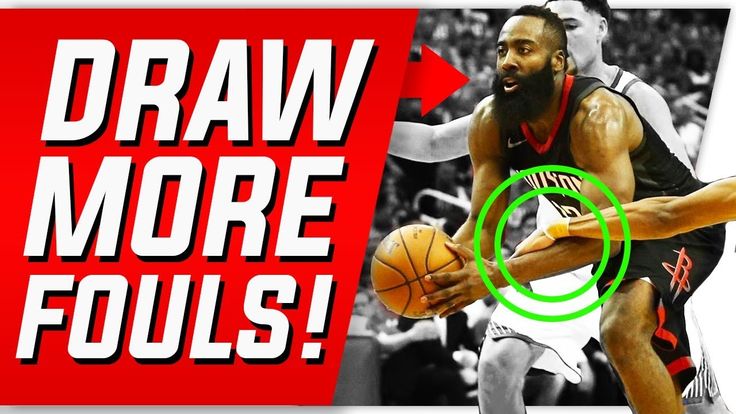
Basketball to me has always been so much more than a game.
$2420
$3000
Contributed
Our Goal
Your donation will support the student journalists of Mansfield Legacy High School. Your contribution will allow us to purchase equipment and cover our annual website hosting costs and travel to media workshops.
How the Game of Basketball Saved My Life
The game of basketball has a unique way of shifting and evolving throughout an athlete's lifetime. For some players this is a positive experience and for others it can be a boat load of pain. Most of the time this is controlled by the athlete's perspective and outlook on how basketball and sports is affecting their life.
For me personally, basketball has been a life changing and life saving experience that has positively continued to grow over time.
The following is a story of my transformation and how basketball has helped me overcome the impossible in my personal life.
Growing Up And Dealing with Tragedy
Ever since I was young, basketball has been a part of my life in one way or another.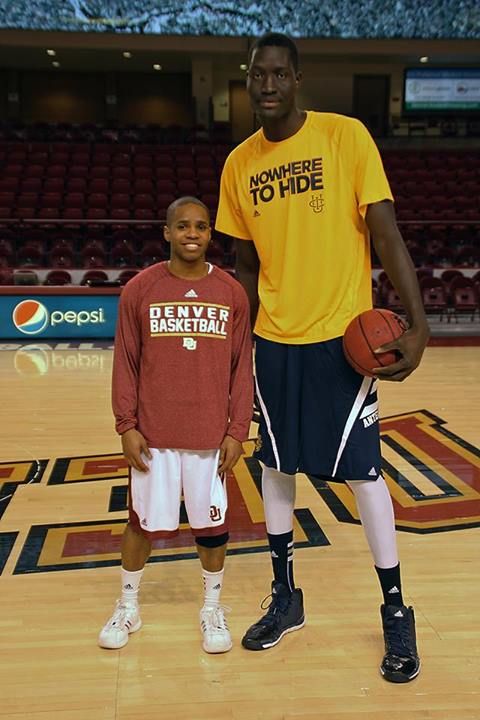 While I really didn't ever think about playing organized basketball until 6th or 7th grade, I always enjoyed playing the game with family and friends. At a young age basketball quickly became an outlet for me when times got rough and tough situations hit me out of nowhere.
While I really didn't ever think about playing organized basketball until 6th or 7th grade, I always enjoyed playing the game with family and friends. At a young age basketball quickly became an outlet for me when times got rough and tough situations hit me out of nowhere.
The first instance for me was when I was 11 years old and I found out my father had terminal cancer. At the time it really didn't make sense to me that a guy who was built like a superhero and who looked healthy as an ox had only months to live.
At 11 years old I had no idea on how to act or what to think but what I did know is that one safe spot I always had was playing basketball.
To be honest, it kind of sounds weird but it was something that naturally felt right being that my Dad was a die hard Chicago Bulls fan. My brother, Dad, and I would never miss a game. Playing basketball gave me a sense of relief remembering the positive moments I shared with my father and it helped me cope with him passing away shortly after his diagnosis.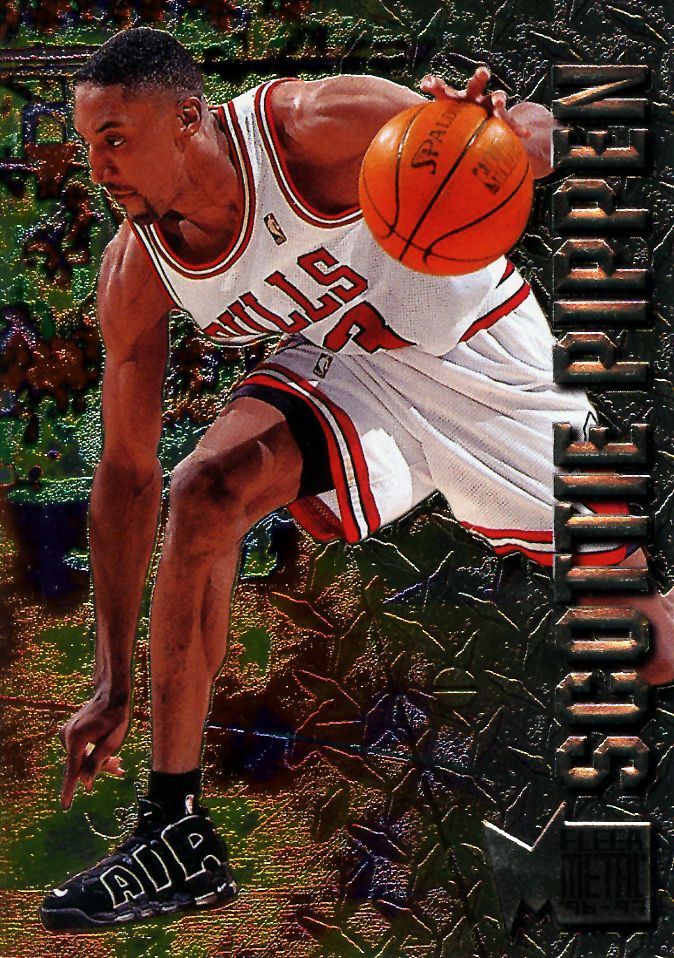
After my father passed away I dove heavily into basketball for a few reasons.
One reason being that it made me feel good to release stress and it kept my mind away from thinking about things.
Two, I was able to seek out the attention I was looking for and desired in a positive way. Initially I stunk at basketball and wasn't very good but I had great work ethic and I truly loved the game.
I knew I needed to figure out a way to train myself in the most efficient way with the tools I had. My mind had made a transformation but my body needed some time and work to catch up. Let's just assume it was safe to say I needed some major help.
The next Hardship
Unfortunately for me, life hit hard again about 3 months after my Father passed away just when I thought things were looking up.
I woke up one Saturday morning and literally couldn't move my left leg. Not only did it hurt extremely bad, it was almost a paralyzing feeling. My mother brought me into the doctors several times and they thought I had the flu but my symptoms continued to get worse and worse.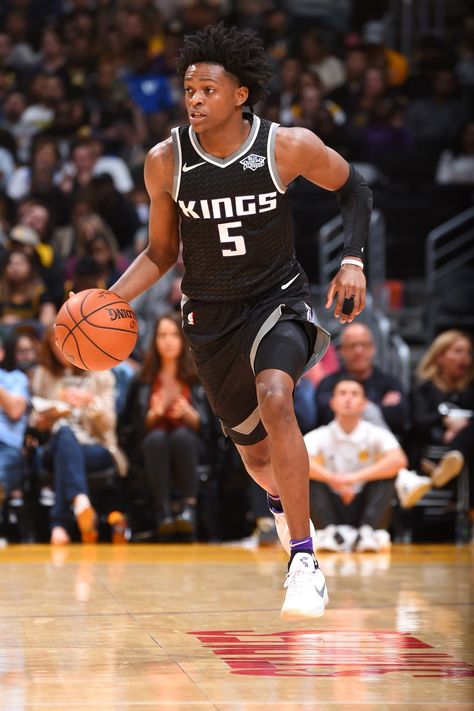 For about a week my Mom thought I was doing all this for attention because of the emotional pain we went through when my Father passed away a few months prior.
For about a week my Mom thought I was doing all this for attention because of the emotional pain we went through when my Father passed away a few months prior.
After begging to go back into the doctors a few weeks later, I was finally diagnosed with a staph bacteria infection in my left hip that had spread to my muscles and hip joint.
After my diagnosis the doctors told me that I needed to be rushed to the hospital for immediate surgery. This was obviously tough timing in an 11 year old's life but again this is a story of overcoming the impossible so just hold on because the worst was yet to come.
At the time I knew it was bad but not as bad as I would eventually find out. The doctors clearly stated that the infection needed to be eliminated otherwise it would spread to my vital organs and could essentially end my life. The goal was to have successful surgery but there was a scenario in which I could lose my left leg in the process.
Hearing this as a kid obviously frightened me and I remember vividly telling my Mom I would rather die than lose my leg.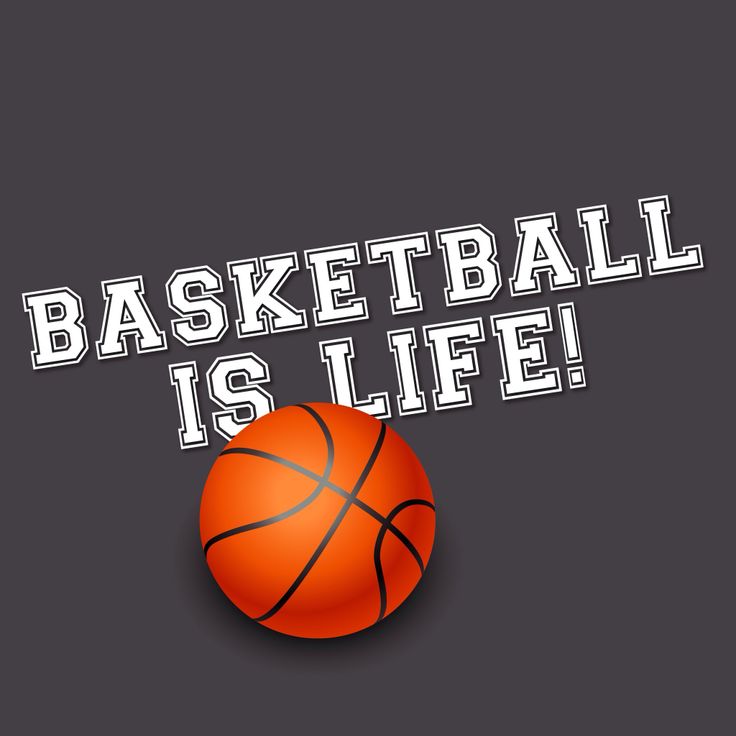 Thankfully my Mom reasoned with me on the reality of my situation and we decided to take next steps. The docs performed surgery that day to remove the bacteria in my muscle and everything went successful. I woke up the next day and felt much better and happy I was alive but then life hit hard once again later that night when. the doctors spoke with my family and me.
Thankfully my Mom reasoned with me on the reality of my situation and we decided to take next steps. The docs performed surgery that day to remove the bacteria in my muscle and everything went successful. I woke up the next day and felt much better and happy I was alive but then life hit hard once again later that night when. the doctors spoke with my family and me.
Another Surgery - and scary news
Before the doctors came in, I can clearly remember thinking about hitting the basketball court with my friends and having the opportunity to play on a real basketball team that upcoming summer. You would have thought I'd be thinking of just simply surviving but I was an 11 year old and having dreams and aspirations outweighed those thoughts at the time.
The doctors quickly explained to my Mom that blood test showed the staph infection was still present in my blood and body. They needed to reopen my hip and pull out more muscle and dig deeper to make sure the bacteria was gone.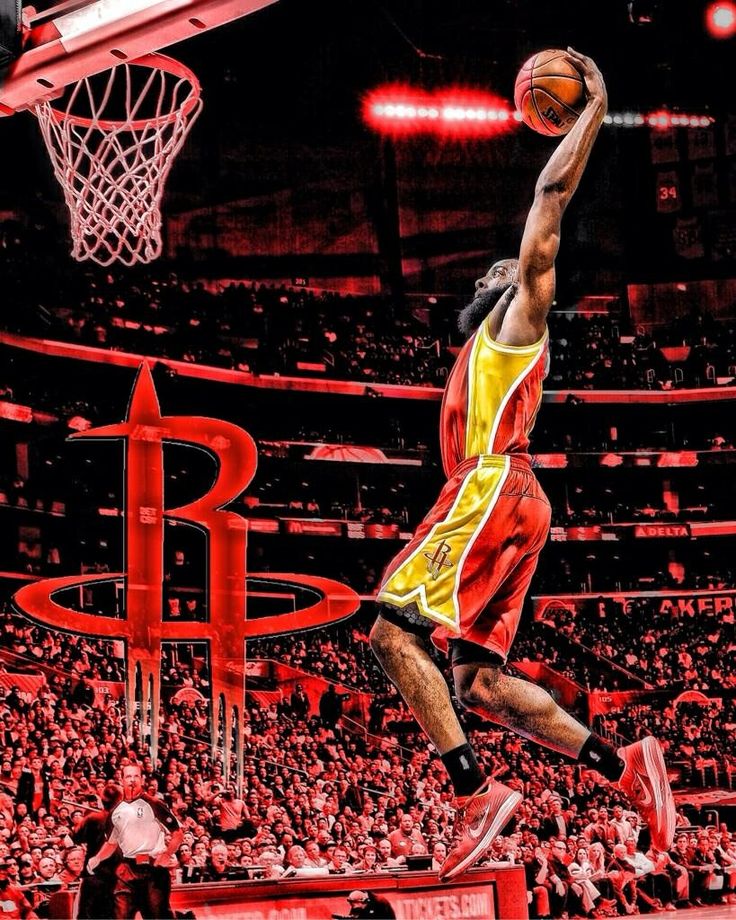 The problem was that performing this surgery would mean I would never be able to run, jump, or play sports like any other regular kid because of the muscle damage and joint issue. To say I was depressed would be an understatement. Everything to come would challenge me in life moving forward.
The problem was that performing this surgery would mean I would never be able to run, jump, or play sports like any other regular kid because of the muscle damage and joint issue. To say I was depressed would be an understatement. Everything to come would challenge me in life moving forward.
My journey to normality would be a long painful process and in the end truly one to remember.
I can still remember waking up from my second surgery. Honestly, it kind of sucked because I was having the best dream ever. I was playing for the Chicago Bulls (my favorite team) in the NBA finals!
When I woke up I had an unbelievable amount of pain in my body and I literally couldn't move my left leg. I felt worse than when I initially came into the hospital. I had stitches holding a plastic square to my forearm and a tube running through a vein up my arm and directly to my chest. This was to administer medicine directly to my heart and make sure the bacteria never reached there. Talk about pure craziness! It was absolutely awful and all I could think of was never being able to do the things I wanted to do in the future.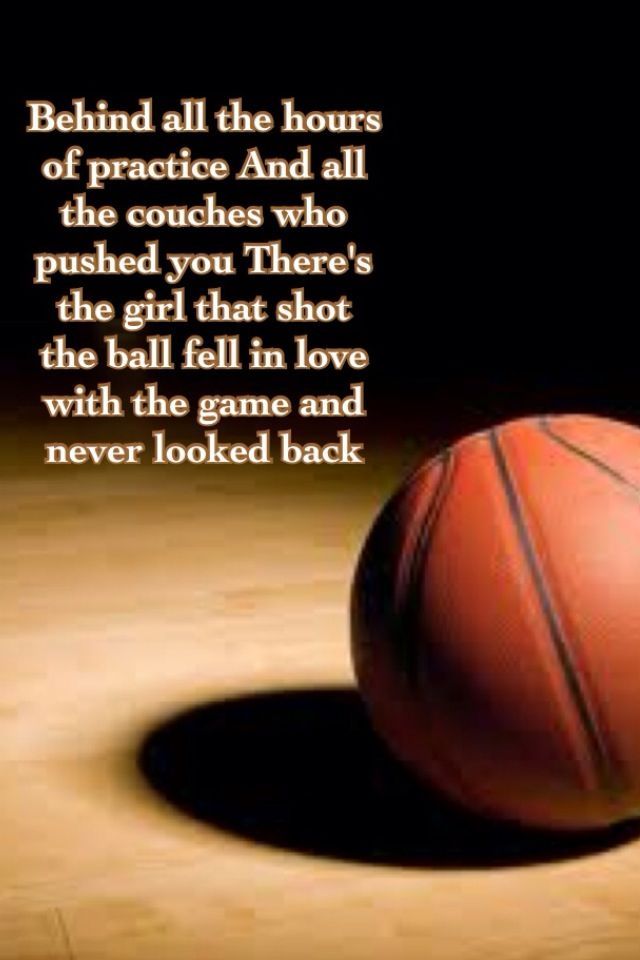
Battling Back
The following 5 months involved some of the toughest times in my life. I was literally unable to be active or even walk. I had crutches to help me move around and for 3 months straight I had a plastic square stitched in my arm and a tube hooked up to my body to deliver medication.
But during this time I had the most growth mentally ever in my entire life. I made it a goal to prove all the doctors and professionals wrong and I planned on being an athlete and running and jumping with the best of them. I knew that the first step was to transform and change my thinking because that's what would lead me. I then realized I needed my body to follow in line and that required me to change my body into what it would take to be an athlete.
I can still recall my Mom yelling at me to stop shooting outside and moving around to much. She was always concerned I was going to get hurt or sick with everything that was going on with the infection. But my determination and drive wouldn't let me sit around and I was on a mission to prove everyone wrong.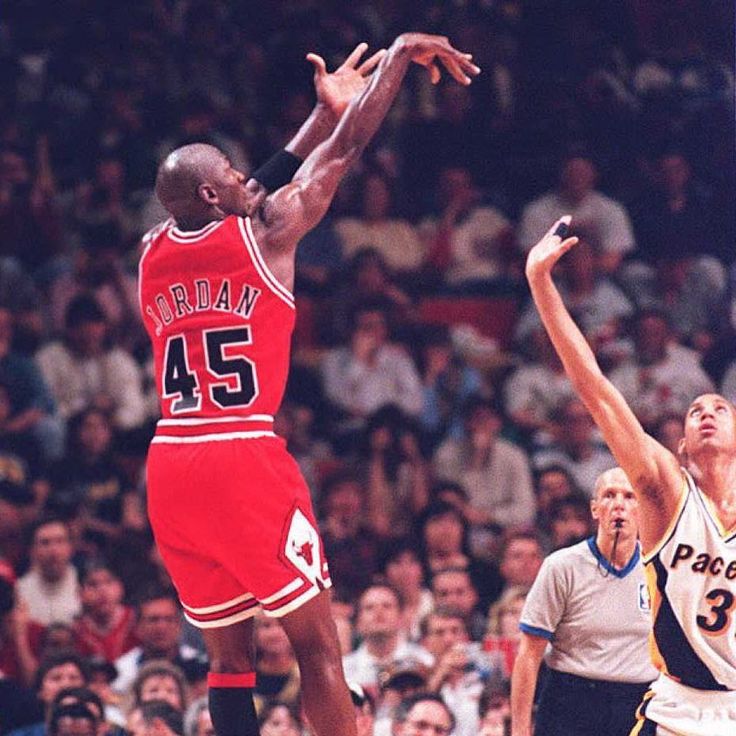
Over the course of the next few years I focused on school, my health, basketball and my faith. I dreamt basketball, lived basketball, and had no interest in doing anything else other than basketball. Ball, at the time, was seriously life for me.
Hard Work Pays Off
My senior year in high school was when all the hard work finally started to pay off for me. I was focused, healthy, and I had overcome what the doctors once told me was impossible. That year I led my high school team to the state tournament final and the best year in our school's history (Robbinsdale Cooper).
I also earned myself a Division 1 basketball scholarship (to Northern Colorado) which was a promise I made to my Father before he passed away. At the time this was the highlight of my life but of course life would hit hard once again.
OVercoming Adversity in College
Three years into my college basketball career, I was playing ball at the Minnesota State University-Mankato.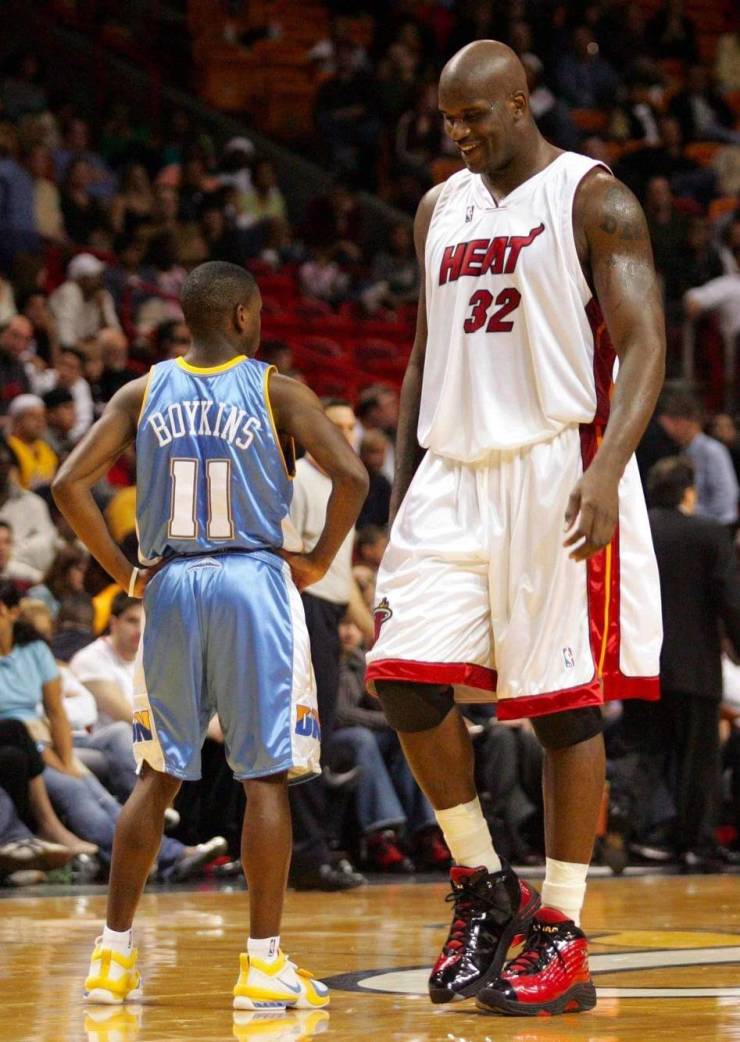 I had transferred back closer to home to be around family and finish my last years playing for the home team. My family was excited to watch me play live for the first time since I started playing college basketball.
I had transferred back closer to home to be around family and finish my last years playing for the home team. My family was excited to watch me play live for the first time since I started playing college basketball.
This felt like the worst time for life to hit me hard again. Sure enough, it did. I can remember waking up like it was any regular day and heading to the gym to play basketball.
When I hit the court, nothing initially stood out as being wrong but shortly after I could feel something wasn't right with my body. I was extremely tired and out of breath. At this point in my college career I worked out multiple times a day so it was a shock to me that I was so exhausted when this almost never happened. Later that day my stomach started having unbearable pain that continued on for several days.
I eventually called my Mom and told her what was going on. She asked me a series of questions and then frantically said she was driving down to take me to the doctor immediately. Later that day we conversed with the doctors and I had explained the symptoms I was going through and after hearing my Mother's medical history they gave me a diagnosis of ulcerative colitis.
Later that day we conversed with the doctors and I had explained the symptoms I was going through and after hearing my Mother's medical history they gave me a diagnosis of ulcerative colitis.
Don't know what it is? Neither did I. But maybe you remember superstar player Dajuan Wagner who played for Memphis and Coach Calipari in 2001? His career was cut short and basically ended because of UC. He actually almost died from it after his initial diagnosis.
What I later learned was that my mom had UC for over 20 years and that it ran in my family genetics. Ulcerative colitis is incurable but managed through everyday medication. But for some, it's disastrous and life threatening.
After my diagnosis I thought that my life was over and that everything bad that could happen would happen to me. At this point I had overcome so much in my life and to think this genetic issue was going to derail everything I had set out to prove made me angry and frustrated.
After feeling bad for myself for approximately 3 hrs I decided this wasn't going to define me like any of the other obstacles I had overcome. What I learned through my faith in God was that I had the choice to make the best of my situation. I knew I couldn't sit around and complain and make excuses.
What I learned through my faith in God was that I had the choice to make the best of my situation. I knew I couldn't sit around and complain and make excuses.
Once again I set out to prove that this bump in the road would not define me as a person and I quickly adjusted my life style accordingly so that I could manage this and not only live but excel in life. I can tell you it wasn't easy and most in my situation would have just given up right then and there. But what I learned from my family was that God never gives us more than we can handle so I held my head high and went to work.
Once AGain, Hard Work Pays Off
A year later in 2011, after all the ups and downs, all the trials and tribulations, I found myself in the midst of one of the best seasons in my schools history. I can clearly remember the conversations everyone on the team had when we realized we had the potential to do something special. Dedication, perseverance, and positive thinking were the things we focused on the entire season.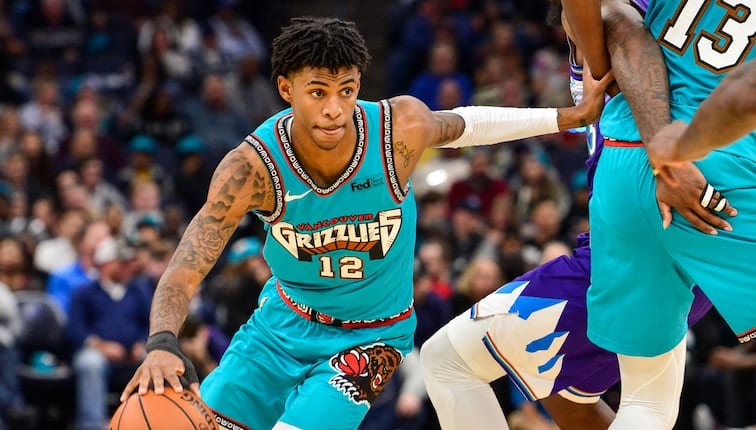
For me it was easy to lead the charge because I had already overcome so much thus far in my life. Together we finished the season by winning our conference title and also making it to the D2 Final Four. After the season I was named an All-American and I essentially won every other basketball award they give out. To say it was a humbling experience would be an understatement because I don't ever think anyone knew what I was going through and dealing with. But the satisfaction of what we achieved was one of the greatest things I've ever been a part of in my entire life.
After the season ended I was fortunate enough to continue my career playing professionally all around the world. I made stops in over 7 countries in Europe and also spent time working out with NBA teams and playing in the NBA D-league. I had achieved what doctors initially said was impossible and in my career I ran and jumped with the best of them like I always said I would. I see the scars on my body everyday and it reminds me to be thankful for life and remember where I've come from.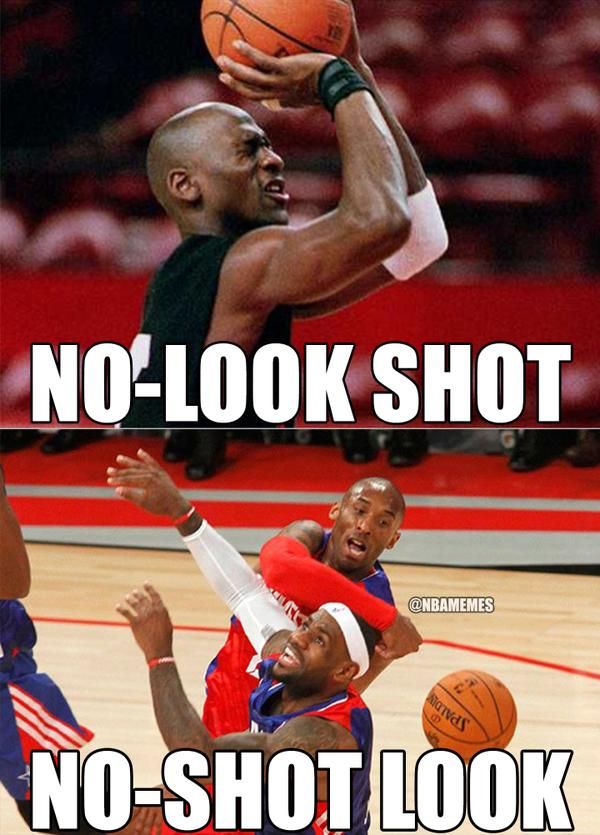
Be Better Everyday
Now I get to continue to live out my dream by helping others achieve goals they may think are impossible here at Dr. Dish Basketball!
Like I said before, this is a story of overcoming the impossible, but to be honest I never once thought to myself that it was impossible. Belief in myself, faith in God, hard work, perseverance, and dedication never allowed me the chance to think otherwise.
For anyone out there that thinks there is no chance for you to accomplish your goals because of what others say or the obstacles in your life, just know where there's a will, there's a way. Never sell yourself short and be thankful for the opportunities that you have. If you choose to do these things then blessings will come and ultimately in the end the goal should always remain the same.
Just continue to BE BETTER EVERYDAY!
Enjoy this personal blog post? Read "The Sports Lesson I Wish I Could Tell My 10-year Old Self"
For more articles and tips like this, make sure to subscribe to our blog newsletter!
Click here for more info on Dr.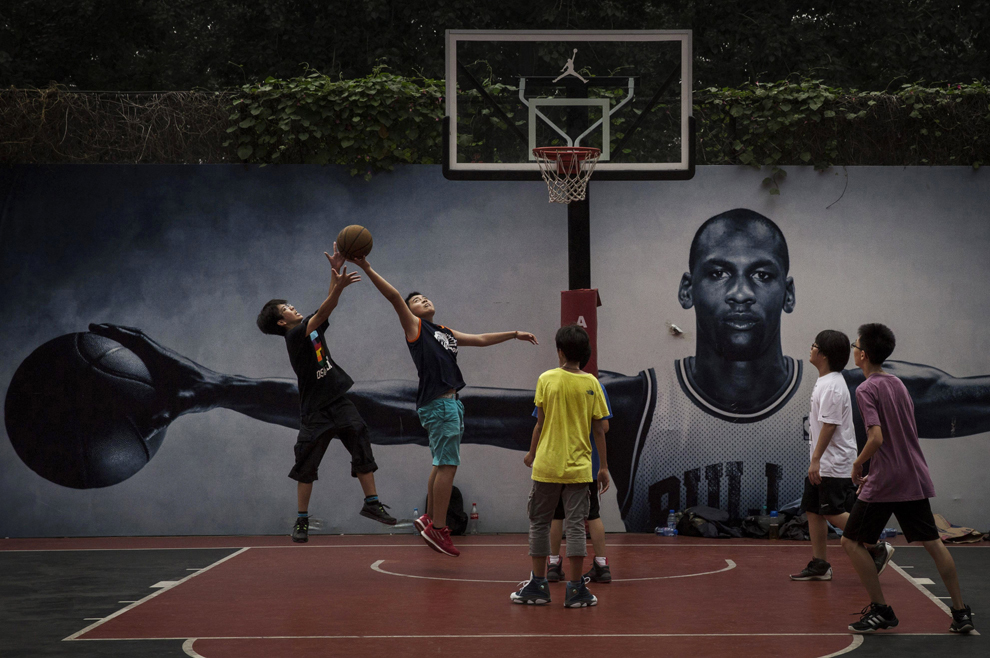 Dish basketball shooting machines.
Dish basketball shooting machines.
Follow us on social media for daily basketball drills, tips, and inspiration!
https://www.facebook.com/drdishbball
https://www.twitter.com/drdishbball
https://twitter.com/drdishbball
Vitaly Kuznetsov: “Sport is not a faucet with endless water that you just substitute a mug. You have to keep working” - “Movement Up” - Blogs
Editor's note: You are reading the user's blog “Movement Up”, where they talk to famous Russian basketball players. Subscribe and get to know them better.
Vitaly Kuznetsov - silver medalist of the European Championship among cadets, winner of ASB-2015 - talks about the evolution of basketball consciousness, the ideal portrait of a coach and missed chances for young players.
— Friends, welcome once again to the “Move Up” expert platform. Today our hero will be Vitalik Kuznetsov, champion of the Student Basketball Association, MVP 2015, silver medalist of the European Championship among cadets.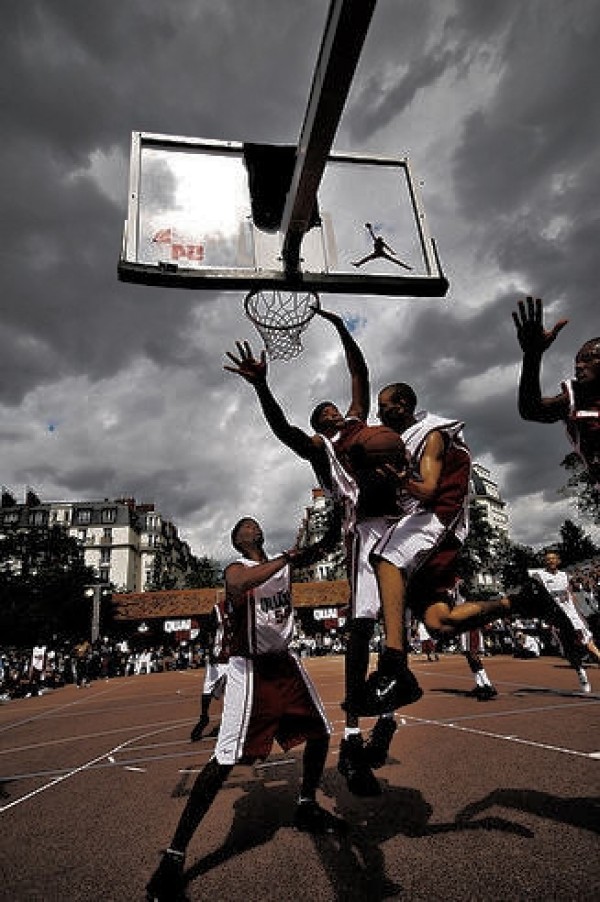 Vitalik, hello.
Vitalik, hello.
— Hello, Seryoga, thank you for inviting me.
— Our expert platform is dedicated to victories: in sports and in life. These can be really big victories: at the Olympic Games, European Championships. These can be small victories: overcoming oneself, enjoying playing sports - they are all interconnected, so today Vitalik and I will talk about these interesting topics.
Vitalik, what has sport given you in your life? Is it just a hobby or a hobby that has turned into a profession? Could it be something more? What is basketball to you?
— Basketball is such a substance that actually made my life. All my friends: in life, at work, everywhere, they are either basketball players or people who are not the last in basketball. In addition to my family: relatives, relatives, my entire environment is basketball. My life is like a basketball that rolls and doesn't let me go anywhere. Here it is, and there is no getting away from it.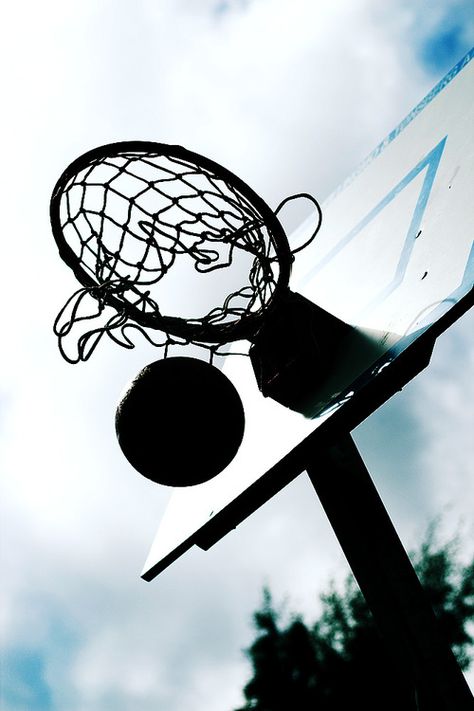
- I think these are amazing words. Tell me, please, can you imagine your life outside of basketball? What could happen to you if you dream if there was no basketball? Would your life be better or worse?
- I'm serious, I can't even imagine it. In my life there were such moments as the birth of children, that is, the moment when I had to say goodbye to basketball, but this goodbye paradoxically turned into goodbye. After some time, even moving away from basketball, I returned after a professional career to student sports, went to work in an amateur team. Basketball captured me: wherever I move in life: study, work, family, it always remains in my life. So I can't imagine that I was born and didn't have basketball. Only if it was some kind of parallel universe.
— Vitalik, you're talking now, and I remember the letter Kobe Bryant wrote to basketball. You are now saying that the family, your environment, your work - all this was done by sports. But what about character? How much has basketball changed your attitude towards people, towards yourself? What facet does basketball make, does sport specifically for the individual?
But what about character? How much has basketball changed your attitude towards people, towards yourself? What facet does basketball make, does sport specifically for the individual?
- It is this environment that creates the game, improves it, makes it better, it directly influenced me. My first coach and my friends from basketball, guys from the section, functionaries, team leaders - they all formed my character.
— What qualities of character can you single out?
- First, never give up. My first coach always said, "If you give up, you're already dead." The second is community, team spirit. I don’t imagine myself alone, I’m an extrovert in life, people consider me that way. There will be no merit and achievements without a team. And the third is the spirit of competition. Basketball instilled in me the desire to constantly compete.
Your life is not a game.
- Yes! Today I lost, took 2 steps back.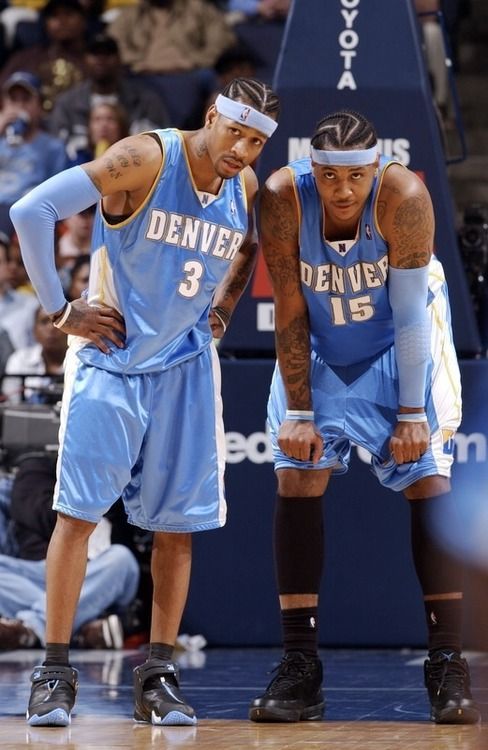 I understand everything, I draw conclusions. It gives a lot of momentum and I'm moving on.
I understand everything, I draw conclusions. It gives a lot of momentum and I'm moving on.
- You are now saying just like motivational speakers that you need to compare your life with the game. Three rules from Vitaly Kuznetsov: never give up, always be in a team and live by playing. These are amazing scripts that can give tremendous results not only in sports, but also in life. You are a sniper, got the MVP of the European Championship u-16 despite the fact that you lost in the final to the French, you were unstoppable. Are you an individual player or a team player?
— This situation has changed throughout my life. It all depends on the teammates. I can't place myself in one role or another. Initially, I was arrogant, it gave the result. Then I realized that it was more difficult to win this way and started playing for the team, but the result from this became worse both for me and for the team. It turned out that the team needed my impudence. There are equal teams that give results throughout the season, but there are final games where such a brazen and aggressive player is needed to win.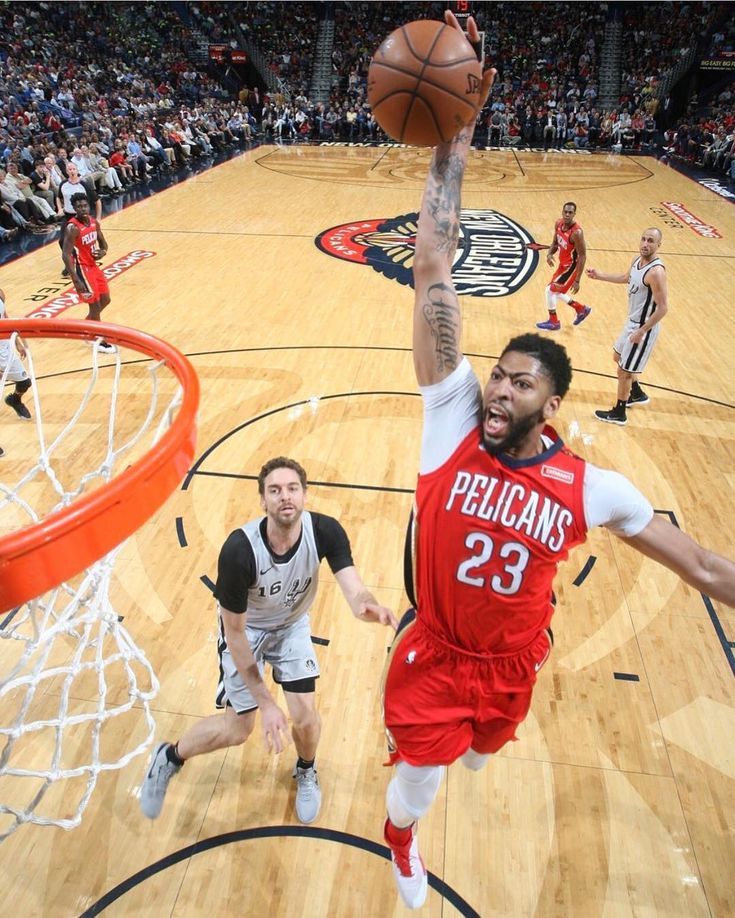
— I understand correctly, you just touched on the issue of sports maturity, throughout your career you have evolved, this basketball maturity, awareness, understanding came to you. At what point to turn on which mode?
- 100%. We now have a 3x3 basketball team and there are a lot of young players there. We are now touching on this moment, that if at the age of 17-18 I had such a head as now, then my life would have turned out completely differently. I wish every basketball player to have an experienced player next to him, so that young guys hear and listen to this person. I can't guarantee that he will tell them the right way, but he may have a lot of life experience. I would personally like to have such a person next to me at that moment.
— Vitalik, while delving into these issues in depth with experts in the field of parenting, parents often do harm when they want to do better. Excessive guardianship, the advice they give to save.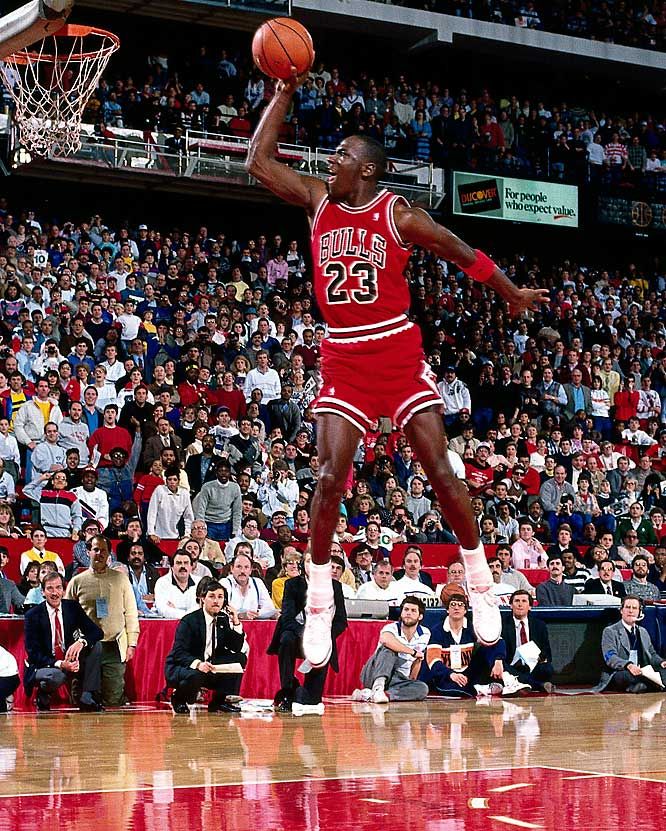 In their opinion, the path seems right... You are right, it is important to have a mentor here, a mentor who not only takes care of, but who has this maturity and awareness. Having such amazing results in youth basketball, being considered one of the most potentially interesting players, what did not allow you to play at the highest level, the level of the VTB United League, the level of the Russian team?
In their opinion, the path seems right... You are right, it is important to have a mentor here, a mentor who not only takes care of, but who has this maturity and awareness. Having such amazing results in youth basketball, being considered one of the most potentially interesting players, what did not allow you to play at the highest level, the level of the VTB United League, the level of the Russian team?
- I think this is the approach to sports. You have achieved something and you think that life itself will continue to give you something. It's not like a faucet with endless water that you just put in a mug, no. We must constantly work. I missed the moment once, but life gave me a second chance. I dropped out of the youth squad of the national team, the next year I got back there. But by coincidence, I had many serious injuries, and there was no person who would have directed me. I asked a lot of people, tried to listen to people, but there was no one nearby who would help me.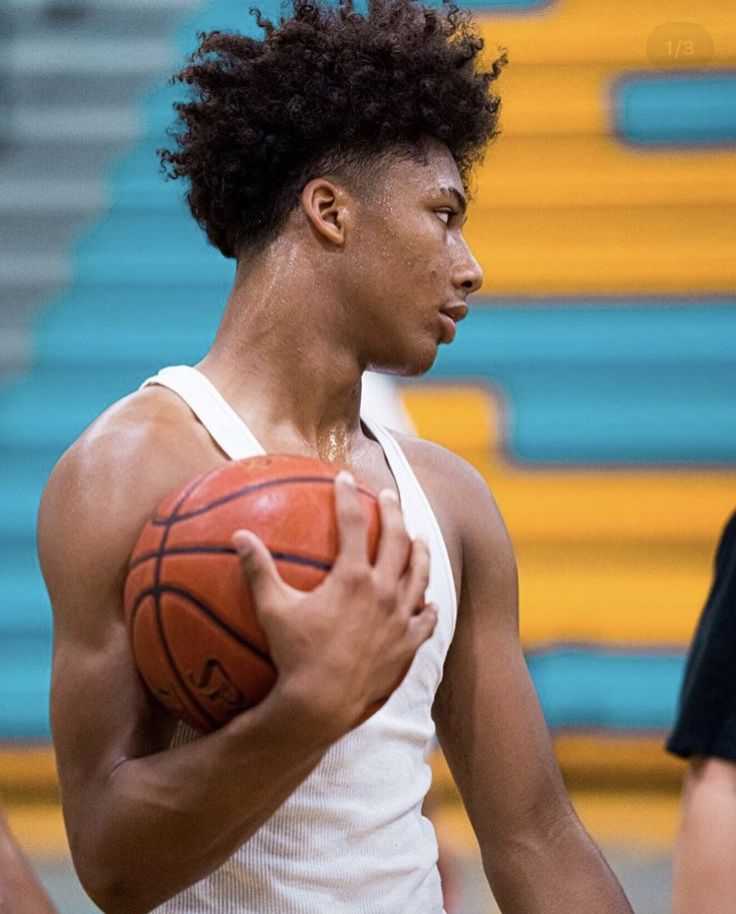
— Vitalik, I remember when you came to the training camp in Ramenskoye in 2010, we devoted a lot of conversations on the topic of basketball, philosophy, and you asked the question: “What to do next? Finish your career, try out in the lower Super Leagues? There was such pressure: a junior player, a superstar, was in such a situation that you did not know what to do. How hard was this situation for you?
— The most difficult thing, honestly, is to be in this basketball team, when the entire basketball structure works for you: coach, managers, team. You are the main star, you are the main player, and when it stops, you need to prove it again. You become useless. Someone once knew that for a long time you knew how to hit, but now there are other players. Try to prove to the coach that in this situation, having released you on the field, you can still do it. I would not wish any athlete to lose this confidence.
- I want to emphasize that we are talking about key things, that when you have flow, you are confident in yourself, you are confident in your environment, and when you lose this confidence due to various reasons, you look into past, into an unknown future and don't know what to do.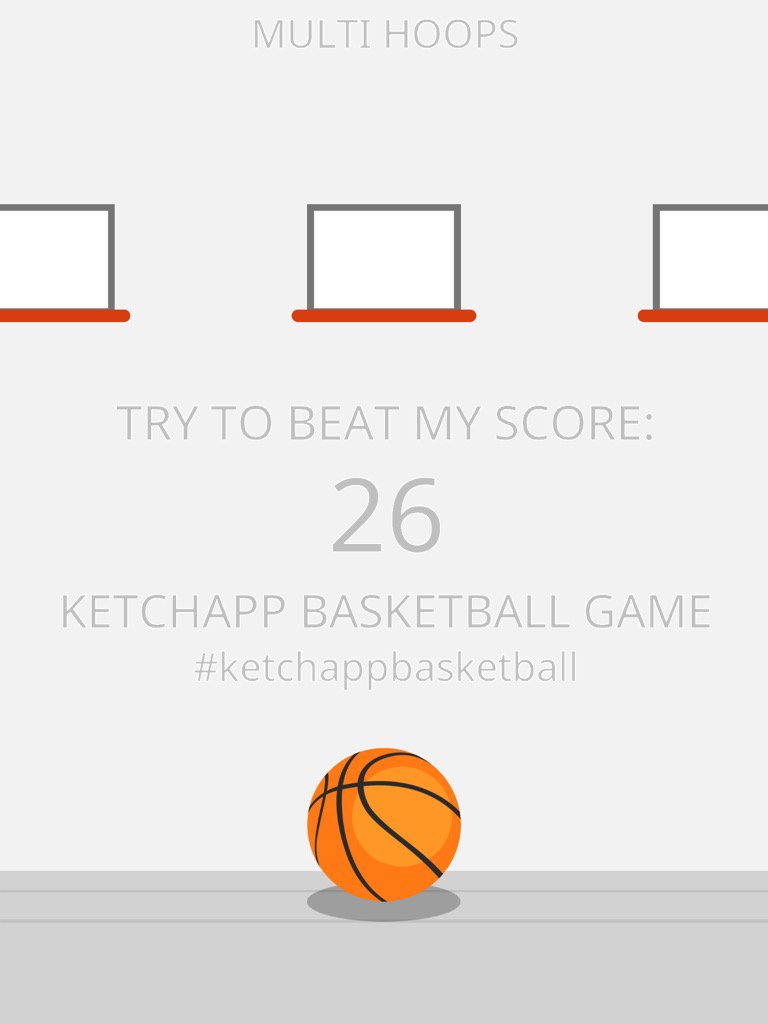 You were in the basketball community: Khvostov, Gromyko, Syrovatko, Ivlev - these are the guys who were with you. You had a basketball dream, but you would fall out of the cage and you need to get back there. How difficult was it? How did you deal with it?
You were in the basketball community: Khvostov, Gromyko, Syrovatko, Ivlev - these are the guys who were with you. You had a basketball dream, but you would fall out of the cage and you need to get back there. How difficult was it? How did you deal with it?
— After a knee injury, various thoughts came to my mind, I thought I would never go back. Now you see that someone is tearing their own crosses, their doctors are restoring them, they are again achieving some results. I looked into the abyss, I did not understand how it would all end. My family supported me. In general, I'm glad that it turned out this way, and not otherwise. I still stayed in basketball as a coach. It is not necessary to remain only a star, I do not regret anything. The most important thing is that everything is preserved: all ties in life, be it family, work, study. Basketball remained, just transformed. So that's how it had to happen. I'm not talking about some kind of fate that happened to me and it's bad. Rather, it is good that this happened.
Rather, it is good that this happened.
- Vitalik, we are sitting here because you are a winner, despite the fact that it was difficult. You didn't come out of this situation with your head down. You are now doing what you love, you have found an amazing wife, you have children, of course you are a winner. The next question is: What do you consider primary: diligence or talent?
- Based on my experience, I will say that a small part of talent and a huge part of diligence is that golden mean of a good athlete that everyone talks about. If your level of talent grows, while the level of diligence remains at the same level, then we are talking about a wonderful athlete who will be remembered. If your great diligence equals great talent, then these are already legends that are fading away, and we remember them for many years, we capture them, we read their books...
— We are watched by a wide audience; guys who dream of becoming basketball players, 9-12 years old.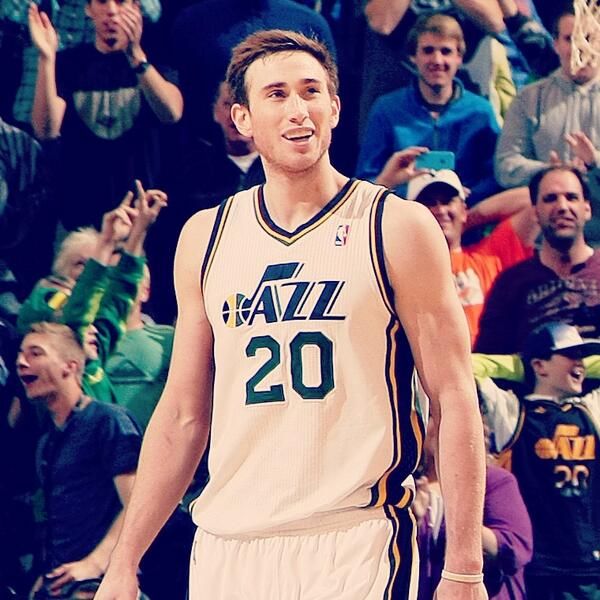 Is it possible to become a high-class player through your work if talent is not enough?
Is it possible to become a high-class player through your work if talent is not enough?
- In modern realities, I think so. Before, for example, you live in remote parts of the country, you don’t have certain means of communication, you have great diligence, but you don’t know where to send it, you come to the team, and there people run around for half an hour and disperse. Now you can take an example from the best.
- I think that the Achilles heel of our professional sport is when players aged 30-35 do not get a lot of money - and often it is even below the living wage - and still continue to do so. If you love, you like, at the same time you are paid some money, you need to understand: “My dream is to be a Super League 1 or NBA player and if I don’t achieve it, I have to leave and focus on something else.” I'm getting to what: when you are 38, and you did nothing but basketball, and you didn't play at the highest level. Here the question is further and socialization, and getting a profession.
- After my graduation at 24, my opinion on your question has changed. Initially, when I graduated from basketball, received a second education at the university, graduated from a master's program, started working, earning money, raising children, socializing, I thought that this was the best way, if you already understood that you need to stop. Not every person is given this, but you need to understand this. But over the past years, after 30, I have reached the point where I communicate with people and say: “Here, I have such a model, I advise you, maybe you should stop. A year or two passes - the person continues to play, I communicate with their environment and say: "This is a utopia, the road to nowhere, what will happen next?" ". These people have such a strong love for basketball that they do not play for this money. There are many examples when a person is ready to receive his little money to the last, because he is afraid to step in the other direction and somehow develop himself, but, as it turned out, I didn’t understand this before, that a person so wanted to take the next step, for example, with the youth team, go to Superleague-2.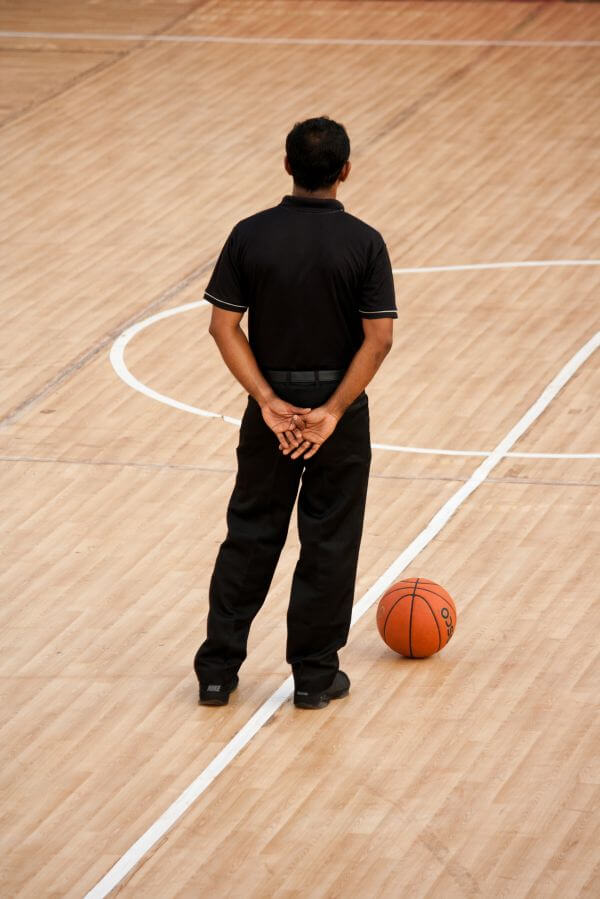
— Love for basketball comes first here.
- He cannot quit, he will play to the last, whether he is rewound or rewound.
— Could it be a drug?
- I don't understand why.
— Is there luck in sports?
- I think there is. They say that all professional athletes are superstitious. With the departure of professionalism from human life, I still remained superstitious. I believe that sports, including basketball, are micro-decisions, a moment when you have a split second, so how can you not talk about luck. If the team works, the person goes to his goal, then he will always beat the person who works less.
— It all depends on luck or...?
— Of course not. It all depends on the work If you have done as much work as your opponent, if your opponent has done a little more work than you, then I admit the fact that it is possible to beat him.
- When I played basketball as a child, I went to bed and thought that someone trained more than me.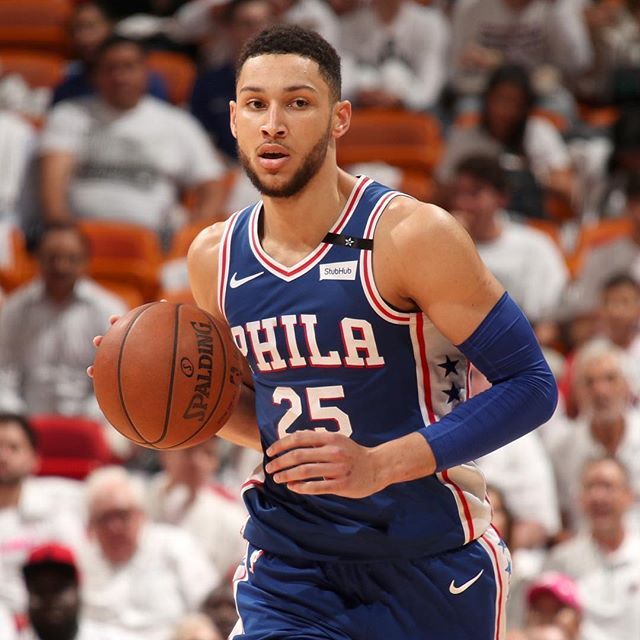 Unfortunately, I didn’t train much, I had to wait an hour for at least one ring to be released. But even what I was waiting for went into my piggy bank. I took a step towards a dream. If I was sick, I lay down and thought that someone was training, moving forward, and I was stopping. Luck I remove for brackets. I bracket things out of my control because you're wasting energy on them. If you think that he was lucky, but you are not, these are unnecessary thoughts. Focus on what is possible and within your control.
Unfortunately, I didn’t train much, I had to wait an hour for at least one ring to be released. But even what I was waiting for went into my piggy bank. I took a step towards a dream. If I was sick, I lay down and thought that someone was training, moving forward, and I was stopping. Luck I remove for brackets. I bracket things out of my control because you're wasting energy on them. If you think that he was lucky, but you are not, these are unnecessary thoughts. Focus on what is possible and within your control.
- Even taking it out of the brackets, you must leave this variable factor, understand that it exists. I wouldn't give it up either.
- I agree. Vitalik, who are your best teammates?
- I will divide into several points. It is important for me that the team has a person who feels me, who knows my strengths and weaknesses. It happens that in the game a person gave you a convenient pass, but you didn’t hit, but it happens that a person feels you, the throw is uncomfortable, but you still get it.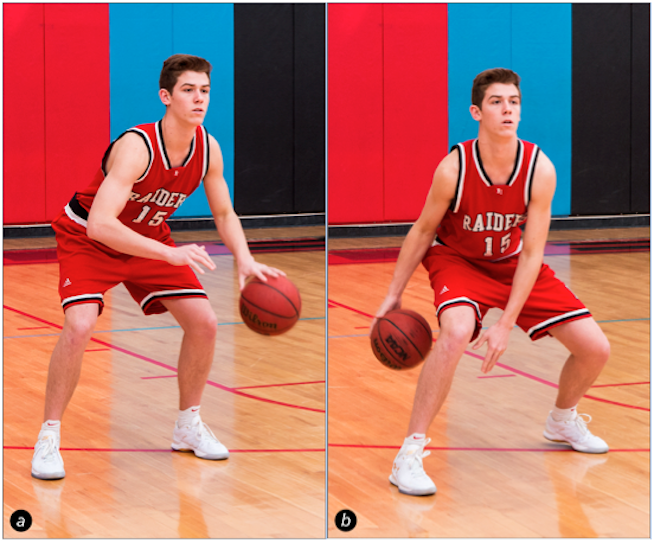 One of these people was Dima Khvostov, with whom we started the path of the youth championship.
One of these people was Dima Khvostov, with whom we started the path of the youth championship.
— Vitalik, our first episode was with Sergey Bykov, I addressed the same question to him, and he also named Dima Khvostov. This is clearly a serious indicator.
- If a third person says so, then it will already be some kind of mysticism.
- I think that Dmitry Khvostov himself can become one, with whom we will talk and he will tell his secrets.
— I have always liked partners who had a better attitude to the game than I did, who don’t just plow in training, but try to dive deeper, understand the specifics, terminology, understand. At the same time, you understand that if you mess up somewhere, he will insure you. He is always here by your side. You know where he should be because he's right. This is the team of the right players that we talked about. She's good without a leader, yes, but she doesn't win. This is the kind of person you should be, now this is Seryoga Kozlov, he is an example for me. Although in some things I consider myself more experienced than him, I don’t voice them to him, because he believes in himself, and to undermine this faith ...
Although in some things I consider myself more experienced than him, I don’t voice them to him, because he believes in himself, and to undermine this faith ...
– Vitalik, it’s not for nothing that we have an ideologeme: sport and life. Everything you say is about life, even when it comes to personal relationships: two friends, husband and wife, children. When a person believes in another and does not use criticism, moralizing, this creates tremendous energy. In sports, in the consistency of life, this is most evident. You talk about such wise things in sports, but it all comes to life.
- I would like to mention the winger, Alexander Miloserdov. Unfortunately, I didn’t manage to play with him on the same team, I was close, but it happened that way. I had no idols in my life, I liked the players, but I openly told everyone that I had no idols. I didn't want to be like anyone. However, having talked closer with Sasha .. I like the fact that he sees the nuances in him.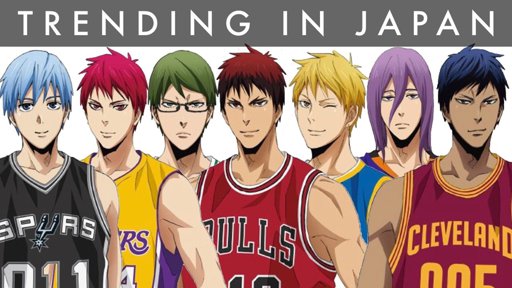 He looks at the person he is playing and sees deeper. He sees the biomechanics of the players: right shoulder, left shoulder, what and how.
He looks at the person he is playing and sees deeper. He sees the biomechanics of the players: right shoulder, left shoulder, what and how.
- Computer.
- Yes, there is a calculator, a computer, but there is something you are above that, perhaps the human brain. In the future there will be a word, we do not yet know it, which will be the next model of this.
– Artificial intelligence.
Probably. I would like to be on the same team with him, he is a motivator. Some person told you, you accepted it, you try to interpret it in life, but the puzzle does not fit. And no matter what he said, the puzzles always came together. With this, respect for a person begins to appear, I would single him out.
— The ideal portrait of a coach?
— I can't comment on the coaches who are even now in the Russian championship. First of all, I would like to note my first coach, for the formation of qualities - Sitnik Andrey Pavlovich.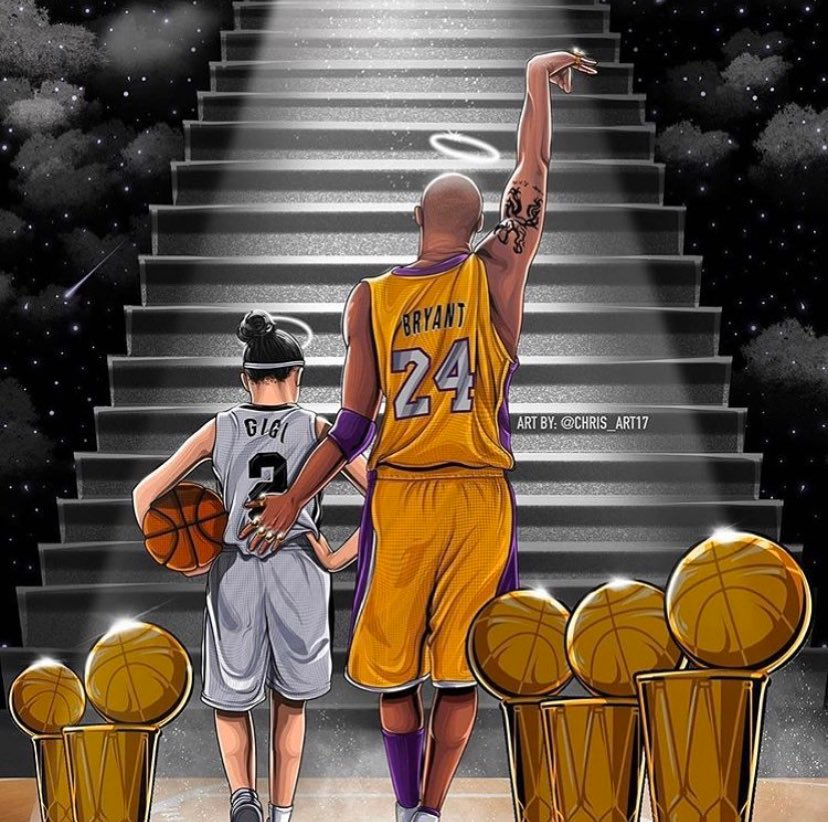 Maybe I don’t understand something, but for me this is the optimal coach model. There is a coach-friend, they agree, female coaches can find a common language, and there is a person like him, such a dictator, for whom, having lost your machine gun, you will take it away from your opponent and move on. This is the person who instilled this character in us from childhood.
Maybe I don’t understand something, but for me this is the optimal coach model. There is a coach-friend, they agree, female coaches can find a common language, and there is a person like him, such a dictator, for whom, having lost your machine gun, you will take it away from your opponent and move on. This is the person who instilled this character in us from childhood.
Without proper training, we came to "Trinta" - at that time unconditionally the best school, kept on a par with them for 2-3 quarters simply due to our character, due to the team spirit. We had a fist of 12 hands, plus the thumb was his.
We went on trips, to some events, even running in the stadium with him was entertaining. Some stupid tasks like walking on your hands around the stadium, running for three hours without breakfast for violation. In the modern world, children are greatly praised: we cannot scold them, hit them. But for us, these were just working principles that made us people whom we are not ashamed to call our pupils.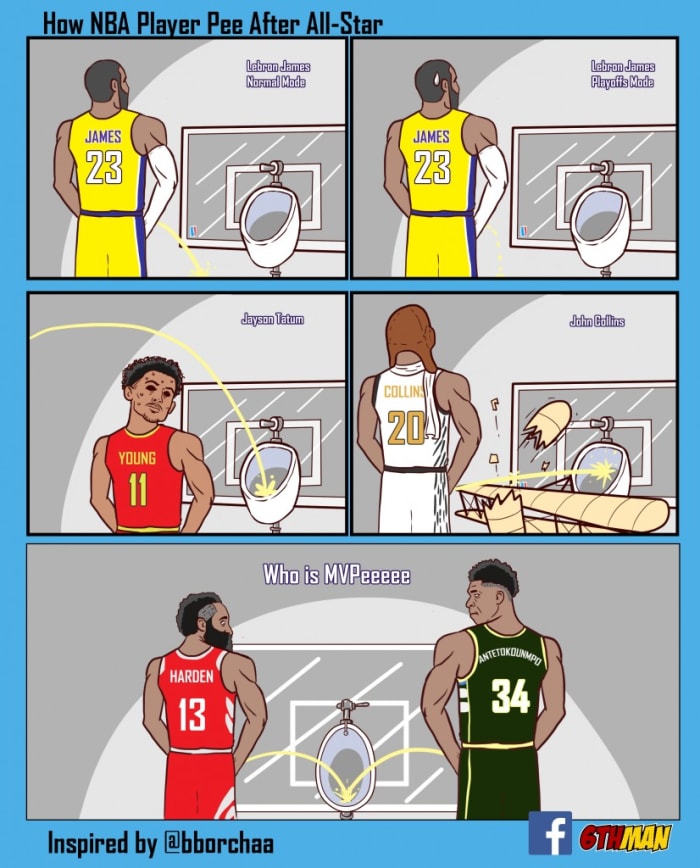 He is ideal for me. Why don’t people prepare like that now, why don’t they introduce a system of sports days. You are a basketball player, you train for three days, and the next day you sit on the PlayStation and play - it's a bit different. We trained for three days, the next day we played checkers, chess or handball, we even had tennis.
He is ideal for me. Why don’t people prepare like that now, why don’t they introduce a system of sports days. You are a basketball player, you train for three days, and the next day you sit on the PlayStation and play - it's a bit different. We trained for three days, the next day we played checkers, chess or handball, we even had tennis.
— Vitalik, I would like to add that you are now talking about the role of a coach-educator. Now, unfortunately, our coach is the person who teaches to play only basketball, his key QPI is how many wins, how many points he scored, how many touches in the attack, in how many seconds a quick transition is played. At the “Move Up” academy, the key idea is to form these educators, a coach who, in addition to basketball, prepares for life. For me, the ideal coach is Alexey Usachev, for whom education was primary. I understand that it was Andrei Pavlovich who laid down these unshakable principles for you, for Alexei. What is your biggest win in sports? And what is the biggest victory in life?
- There were many chances to become a successful basketball player as a player. The fact that we lost in the final of the European Cadet Championship is still the most important medal for me. I keep it, and I keep the form. We love to exchange kits with the guys, someone asked for mine, but when I became a better player, this is the kit I left. One of my forms was Batyuma. At the age of 20, I was at a training camp in Yolochka, a guy came to us who had been playing basketball for two years. I don’t even know where he is now, but he liked this uniform so much and I gave it to him, because I was calm about things. The second victory is when, after the end of my career, fate gave me another chance. I won’t say that I was moving towards this, but mentally I understood that this was a chance, and I needed to use it. I have time, I have the strength and there are people we talked about who will give good advice. This is just the coach and team leader of Moscow State University: Suren Armenovich and Andrey Viktorovich Pavlenko. I thought that I would work, they would give me good advice.
The fact that we lost in the final of the European Cadet Championship is still the most important medal for me. I keep it, and I keep the form. We love to exchange kits with the guys, someone asked for mine, but when I became a better player, this is the kit I left. One of my forms was Batyuma. At the age of 20, I was at a training camp in Yolochka, a guy came to us who had been playing basketball for two years. I don’t even know where he is now, but he liked this uniform so much and I gave it to him, because I was calm about things. The second victory is when, after the end of my career, fate gave me another chance. I won’t say that I was moving towards this, but mentally I understood that this was a chance, and I needed to use it. I have time, I have the strength and there are people we talked about who will give good advice. This is just the coach and team leader of Moscow State University: Suren Armenovich and Andrey Viktorovich Pavlenko. I thought that I would work, they would give me good advice.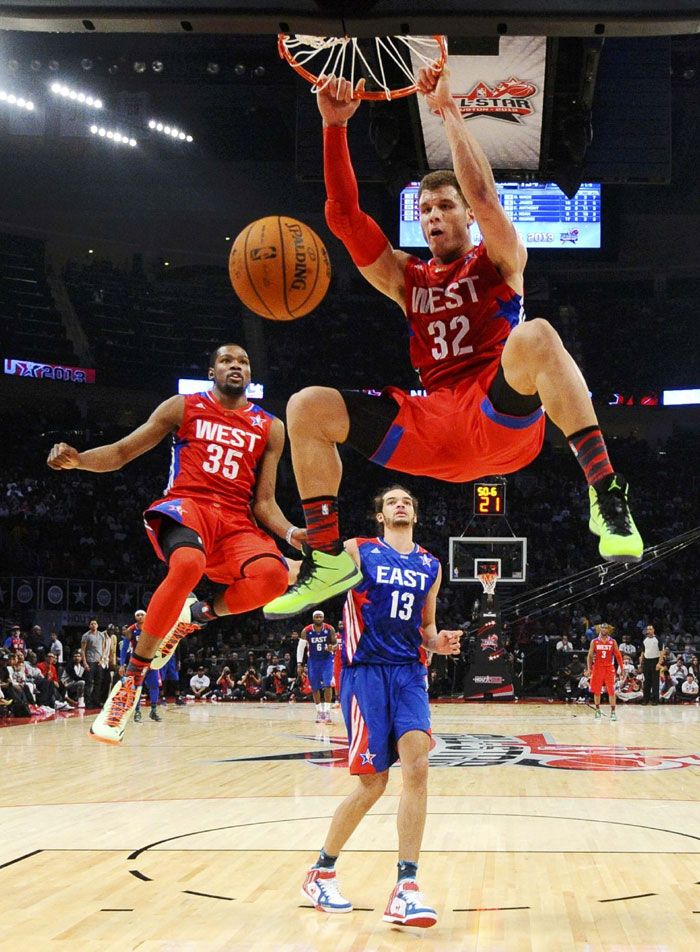 I didn't have a fixed idea - to win something, to raise the MVP Cup, there was no such thing. I just wanted to restore my condition and show that I don't miss a second chance, no matter what League it is. There are people, there is a society in which I was given a chance to be the best. Thanks to all this environment, it happened. But the victory of life is my family, starting with my parents and ending with my wife and children. I'm not interested in anything else, only them. Ready to exist anywhere, as long as they are nearby. Life is such a thing: not everyone can be so friendly, celebrate holidays with their parents. I always appreciated it, being both a young snotty player, and a thirty-year-old father, and a forty-year-old successful person.
I didn't have a fixed idea - to win something, to raise the MVP Cup, there was no such thing. I just wanted to restore my condition and show that I don't miss a second chance, no matter what League it is. There are people, there is a society in which I was given a chance to be the best. Thanks to all this environment, it happened. But the victory of life is my family, starting with my parents and ending with my wife and children. I'm not interested in anything else, only them. Ready to exist anywhere, as long as they are nearby. Life is such a thing: not everyone can be so friendly, celebrate holidays with their parents. I always appreciated it, being both a young snotty player, and a thirty-year-old father, and a forty-year-old successful person.
- Vitalik, this is amazing, this is really a real victory. And the victory in the ASB championship in 2015, faith in yourself, faith in the team, let's say a basketball comeback, is worth a lot. It turned out to be a very sincere, deep conversation.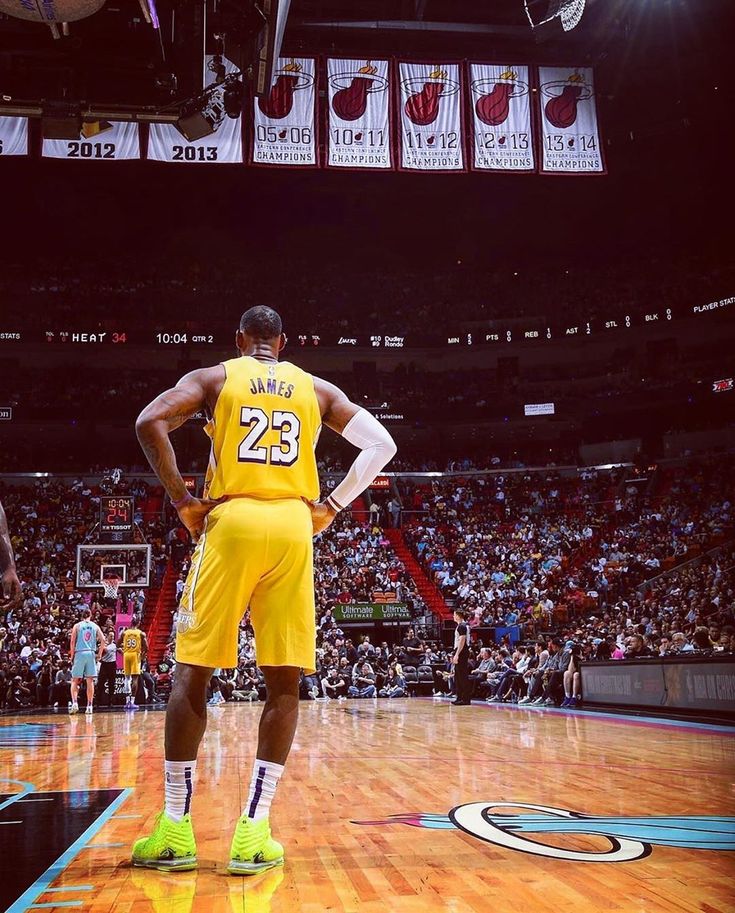 We touched on a lot of subtle things that often do not fall into the field of view, but they are decisive. You told what you used in your sports career, what helps you now in life. In my opinion, all this is a must-see for young basketball players who can draw on this tremendous experience and make their way more successful. Vitalik, thank you very much. One feels a deep philosophy, experience, love for life and for basketball.
We touched on a lot of subtle things that often do not fall into the field of view, but they are decisive. You told what you used in your sports career, what helps you now in life. In my opinion, all this is a must-see for young basketball players who can draw on this tremendous experience and make their way more successful. Vitalik, thank you very much. One feels a deep philosophy, experience, love for life and for basketball.
Thank you.
Vladimir Dyachok: “The main mission of Minibasket”
The annual All-Russian festival “Minibasket” ended yesterday.
The Executive Director of the Russian Federation of Basketball Vladimir Dyachka, who is the head of the Minibasket project, has already had the sixth festival. The first one took place in 2017. And although the festival had to be canceled in 2020 due to the pandemic, it still took place - in an online format.
- What changes and innovations have occurred since you have been a project manager?
- We have radically changed the very concept of the festival.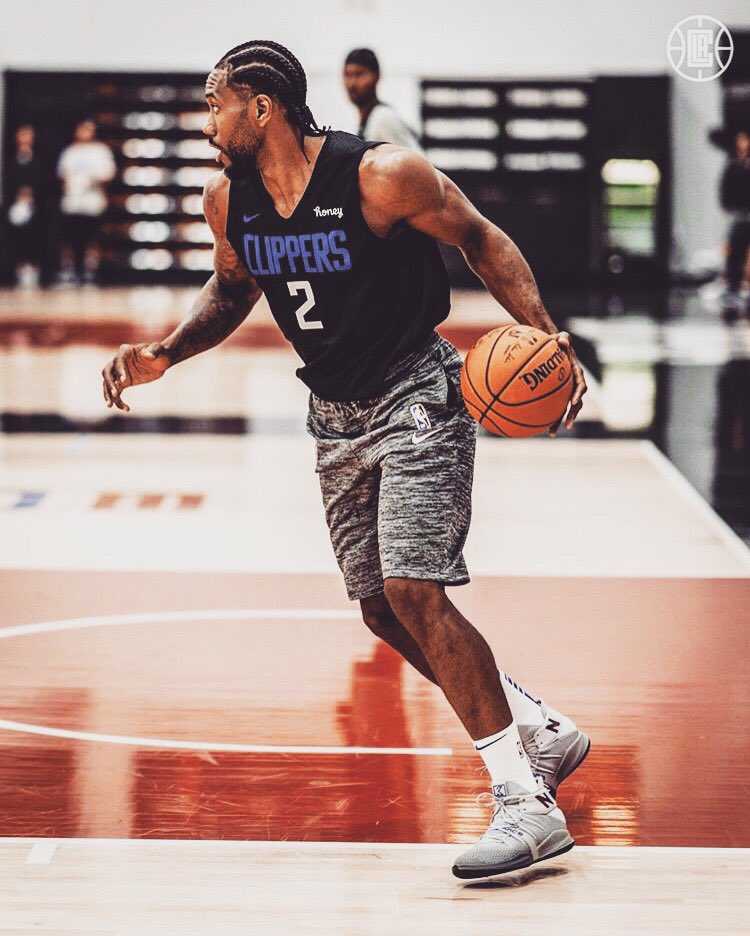 Back in 2017, for the first time, all matches were entered into online statistics on the RSE website. New locations were opened - in Yeysk, Alushta, Taganrog. In 2018, for the first time, it was possible to show the entire festival. And, starting from last year, "Minibasket" is served by professional cameras, each child receives a participant's package, a T-shirt, a bracelet, a certificate.
Back in 2017, for the first time, all matches were entered into online statistics on the RSE website. New locations were opened - in Yeysk, Alushta, Taganrog. In 2018, for the first time, it was possible to show the entire festival. And, starting from last year, "Minibasket" is served by professional cameras, each child receives a participant's package, a T-shirt, a bracelet, a certificate.
Starting from 2017, on behalf of FIBA and on the initiative of the President of the RSE Andrey Kirilenko, "Minibasket" has become one of the priority projects of the Federation. Now this is a social project, and we have canceled participation fees. The festival has a serious content - its program includes many different tournaments and competitions, for each of which participants receive awards. And, of course, they are awarded according to the results of the entire festival.
Over the years we have acquired many partners. The general partner of the festival in Vityazevo is Russian Railways.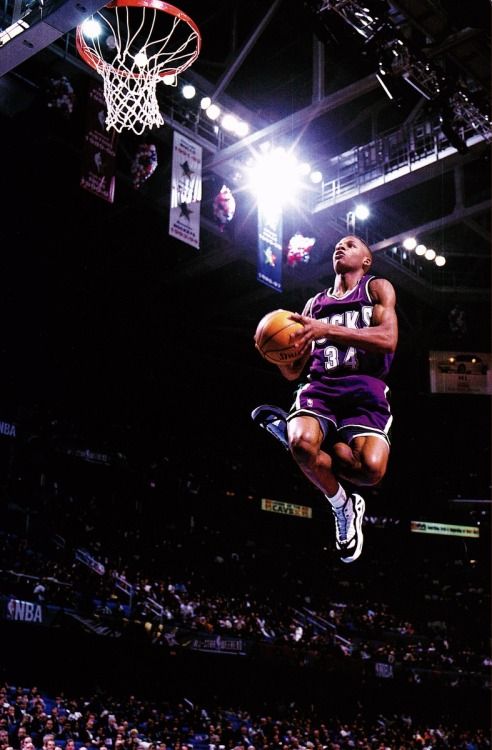 Since last year, Energogarant insurance company has become an official partner in the Energetik camp. The technical partner of "Minibasket" is the company "Fansport", which is engaged in the production of sportswear. She sews equipment for players, coaches, referees, participants of "friendship matches". This year, the festival has an official Jogel ball, which caused a lot of positive emotions for both children and parents. All these cooperations will definitely be extended.
Since last year, Energogarant insurance company has become an official partner in the Energetik camp. The technical partner of "Minibasket" is the company "Fansport", which is engaged in the production of sportswear. She sews equipment for players, coaches, referees, participants of "friendship matches". This year, the festival has an official Jogel ball, which caused a lot of positive emotions for both children and parents. All these cooperations will definitely be extended.
The festival also improves the infrastructure. An electronic scoreboard, a 24-second counter appeared in Yeysk, coverage was improved. A new playground has been built in Vityazevo, and a completely new indoor complex, which we built together with the camp, is about to appear in Sukko.
Basketball Federation of the Krasnodar Territory and BC "Lokomotiv-Kuban" are our permanent partners. For several years now, they have been providing participants with prizes and gifts, and since 2019, sports doctors provided by the club have been working in the camp.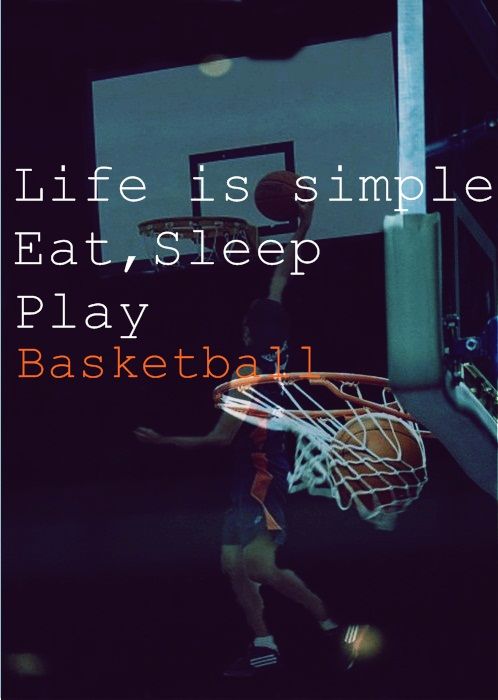
It is important that this year the children had the opportunity to take pictures with the champion cup of the VTB United League - they managed to bring it to the last shift. For this, many thanks to the General Director of BC Zenit Alexander Vitalievich Tserkovny.
Inside, we know very well how the level of the Minibasket festival is growing. And in different directions. The best specialists are constantly involved. We have a presenter Ilya Samkov - the voice of the "Top 10 Superleague". He is an employee of BC Uralmash, and we are very grateful to the president of the club, Viktor Vladimirovich Ganienko: the champion of Superleague 1 is always ready to let Samkov go. BC "Samara" provided us with their photographer - for which many thanks to the president of the club Kamo Sergeevich Pogosyan.
We are trying to use new locations - so that the festival only gets better, so that parents can watch all the broadcasts in excellent quality. True, sometimes it does not do without overlays.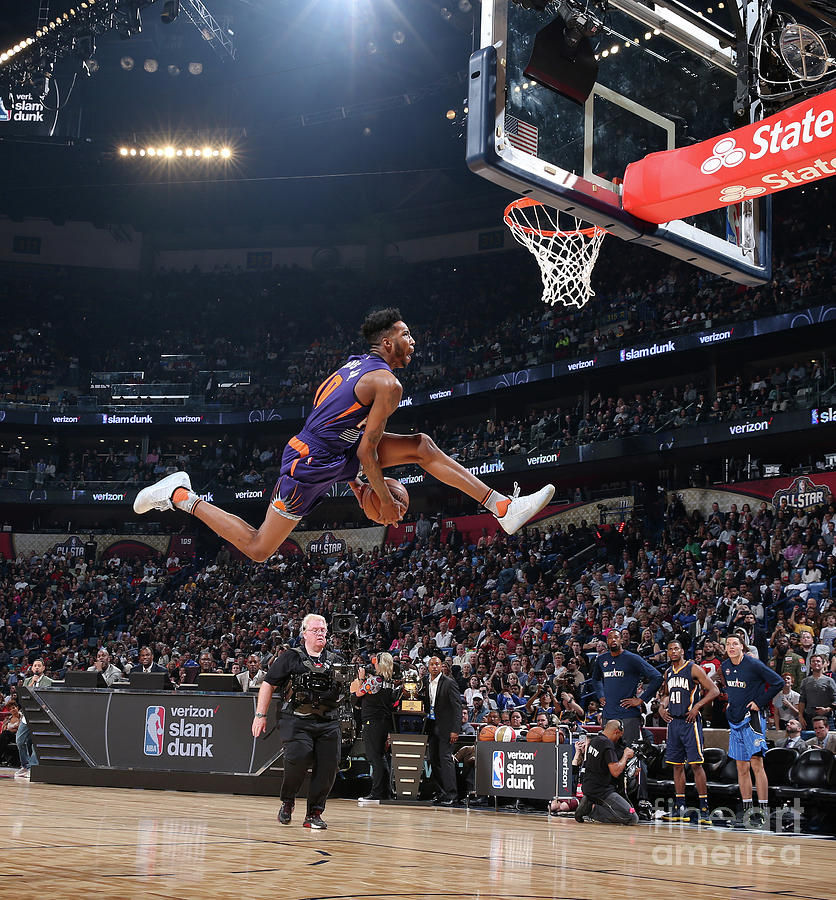 This year, on all shifts for one or two days, there were interruptions in the Internet and electricity. Of course, we received a sufficient portion of comments on social networks, but, unfortunately, we must understand that not everything always depends on us. Electricity in the Krasnodar Territory was turned off for various reasons, including accidents.
This year, on all shifts for one or two days, there were interruptions in the Internet and electricity. Of course, we received a sufficient portion of comments on social networks, but, unfortunately, we must understand that not everything always depends on us. Electricity in the Krasnodar Territory was turned off for various reasons, including accidents.
We will try not to have anything like this in the future. But, as you know, only those who do nothing do not make mistakes. We continue to work in the same vein. There is an idea to introduce the autumn part. Perhaps it will take place this year at a new venue. It will not be a full-scale festival - either a Cup or a tournament under the auspices of "Minibasket". At the moment we are seriously considering the possibility of its implementation.
I would also like to note the great support from the local administration. Leonid Pavlovich Krasnorutsky, Chairman of the Council of the Municipal Formation of the Resort City of Anapa, previously, like his father, was the director of the Energetik camp.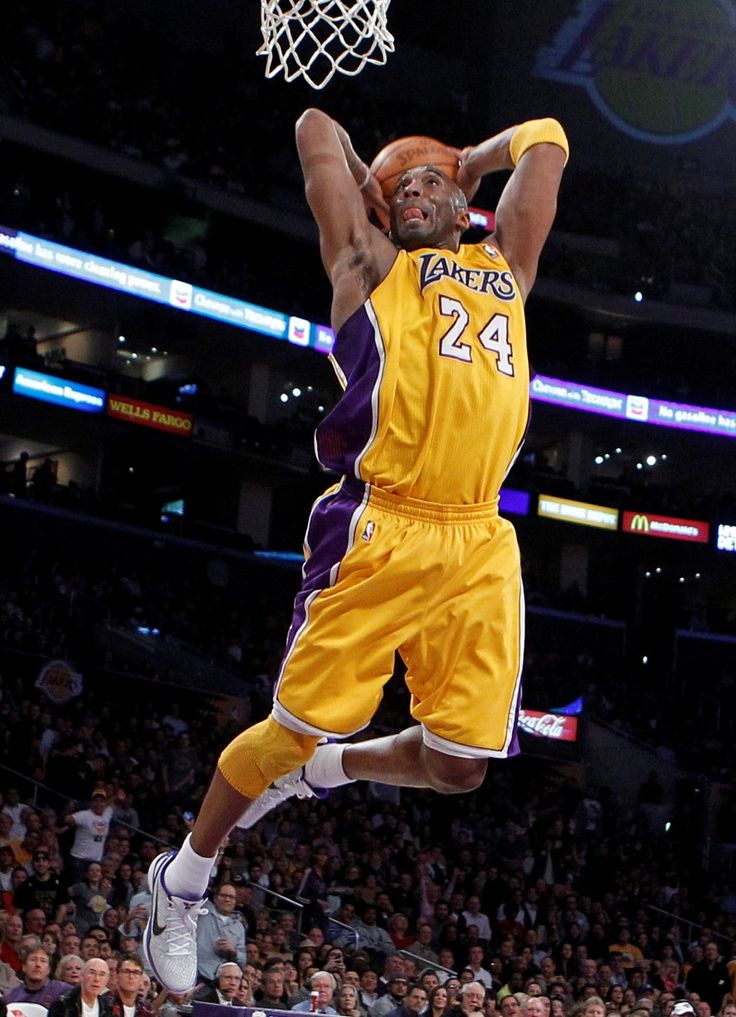 Now he cannot deal with all the affairs of the camp, but he oversees its further development, he is always ready to help and resolve any issues.
Now he cannot deal with all the affairs of the camp, but he oversees its further development, he is always ready to help and resolve any issues.
Anna Arkhipova-von Kalmanovich, general director of Sparta & K, comes to the festival every year. This year she brought a team of girls born in 2010, which became the winner. Anna Valerievna herself held a coaching seminar on a very important topic "The first three years of study: technique, physics, tactics." After him, the coaches thanked our illustrious player of the Russian national team for a very clear and high-quality presentation of information.
Roman Semerninov, head coach of the U20 junior team, one of the coaches of BC Lokomotiv Kuban, and Dmitry Fedoseev, head coach of the Women's Premier League club Peresvet-Southern Federal University, held several seminars. I cannot fail to mention Alexey Savrasenko, with whom we started working on the festival back in 2015. He has always been a regular guest of Minibasket, but now, due to moving to Moscow, he could not come.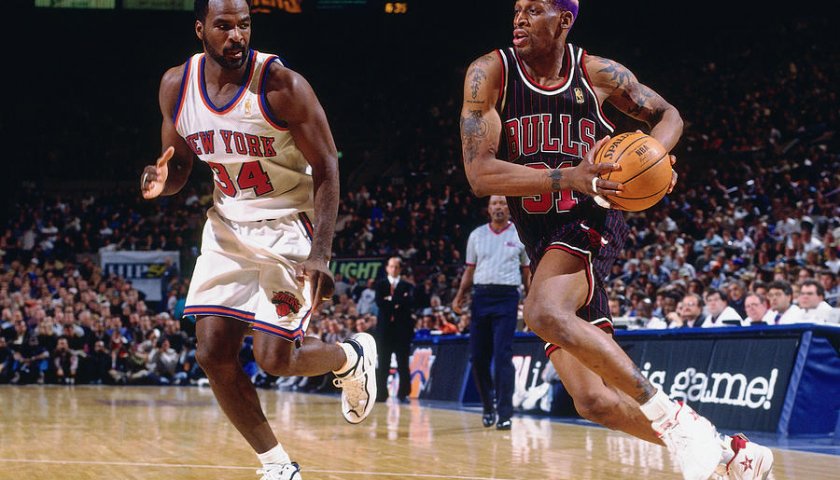 But he sent a big hello and his soul is always with us - we feel the support of Alexei.
But he sent a big hello and his soul is always with us - we feel the support of Alexei.
Separately, I want to thank the entire team of "Minibasket". A lot of work rests on the shoulders of these people. I cannot fail to note our judiciary, headed by Sergei Chub. He has been working at the festival longer than me, and since 2017 I have always received great support from him. This person is ready to work 24x7 - both before the start of the festival and during it. I am very grateful to him for his enthusiasm, faith in our project and for his invaluable help in its further development.
Many thanks also to Fyodor Dmitriev, Chairman of the Educational and Methodological Commission of the RFB: this year he held seminars for arbitrators during the three shifts of the festival. Thanks to him, it was possible to expand the geography of young judges - not only arbitrators from the Krasnodar Territory, but from other federal districts of Russia now work at the festival.
- In your monologue, you answered in detail most of the prepared questions. But there are still a few left. For example, how many children took part in the festival this year?
But there are still a few left. For example, how many children took part in the festival this year?
- Slightly smaller than usual. There was even some fear due to a possible strong drawdown. Logistics turned out to be the main reason - the airport in Anapa does not work, and many distant regions could not fly. However, there were teams from Buryatia and the Trans-Baikal Territory. I will say more: for the first time, a team from Kamchatka became a member of the Minibasket - Vilyuy from Vilyuchinsk performed in the last shift. In total this year there were about 120 teams - this is a little less than 2000 participants. Usually 2000-2500 people come to the festival. The record was set last year - more than 40 teams during each shift. But the lack of participants is not critical to worry about. Everyone who came was very pleased.
- What is the usual daily routine during the festival?
- Matches start at 8:30. This year we have tried to ensure that games and activities end before dinner.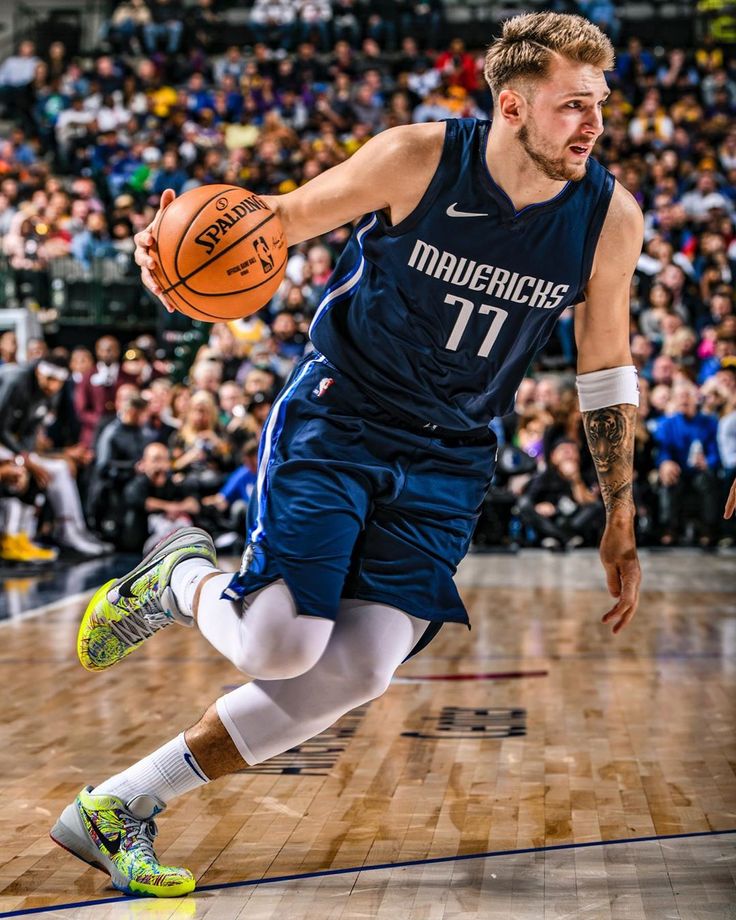 After that, everyone can go about their business. Each team has one or two games per day, there is an opportunity to train. Plus, every day there are activities - these are sports or entertainment competitions. Concerts, intellectual quiz are held. This year, for the first time, we managed to make it in electronic form as a quiz. Participants scanned a QR code and answered on their phones. Previously, it took one or two days to calculate the results, but now we were able to immediately award the winners.
After that, everyone can go about their business. Each team has one or two games per day, there is an opportunity to train. Plus, every day there are activities - these are sports or entertainment competitions. Concerts, intellectual quiz are held. This year, for the first time, we managed to make it in electronic form as a quiz. Participants scanned a QR code and answered on their phones. Previously, it took one or two days to calculate the results, but now we were able to immediately award the winners.
Naturally, each change of the festival is a sea. Everyone had many opportunities to swim and sunbathe. In their free time (and there was not much of it), the children went on excursions.
- What is included in the sports program of the festival?
- In addition to the 5x5 tournament, children play 2x2 and 3x3 basketball. A basketball skill competition is being held - a kind of skill challenge. This is a basketball relay race in which participants must demonstrate dribbling, passing accuracy, speed, shooting accuracy from under the ring and from the free throw line.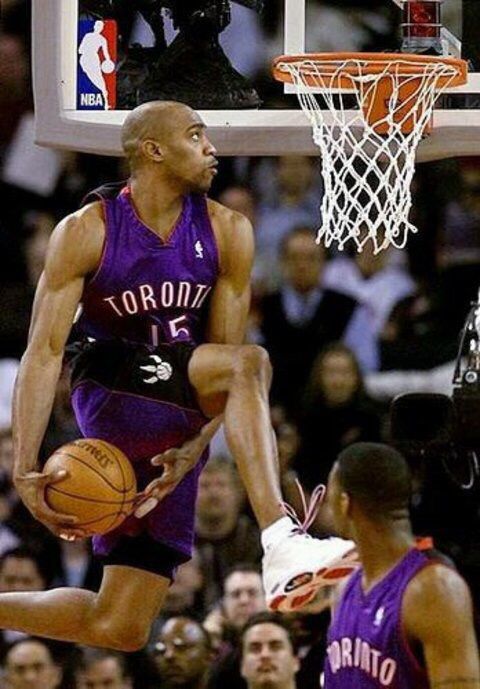
This year we have returned the basketball TRP, which we first tested in 2019. Participants have 3 positions - middle throw, free throw and accuracy of passes into the trap. You need to score a certain number of points. If the standard is met, the child receives a TRP badge.
In the "Points" competition, you need to throw from three different points for a time. Three lines are drawn - 1 point, 2 points and 3 points. Depending on age, the distance to the ring varies. Each participant chooses where to throw from. But in a minute you need to score as many points as possible. Plus, the “Knock Out All” contest is a kind of basketball “American”.
- How do children balance basketball and recreation?
- Of course, more basketball. But in general they have free time. I often had to see the feedback of parents: they came to the camp, they wanted to take the child for a while, but the children refused. They were afraid to miss something. For us, the fact that the children do not want to go anywhere and want to stay in the camp is the greatest praise.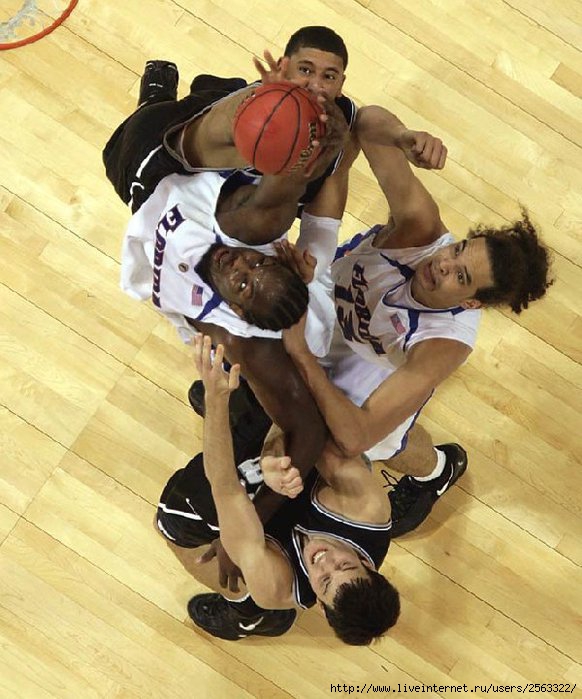
- Which of the young players who participated in the festival, then brightly showed himself in the All-Russian competitions and the Russian Championship?
- My very first age - players born in 2006. It is necessary to remember, but I am sure that someone got into the Russian U16 team.
I can say for sure: Egor Amosov came from the very beginning. Back in Yeysk with my mother and grandfather. I remember how we conducted testing, but the Samara coach refused: perhaps he was afraid that someone would take the players away. And this year, the Samara youths became the champions of Russia among the teams born in 2008, and Amosov was recognized as the MVP of the final.
Another striking example is Maria Esipova. She came several times with a team from Plavsk. Won various awards. She was noticed and invited to school №71 "Timiryazevskaya". And last season, Maria became the winner of the All-Russian competition and was recognized as the best player in the final match. By the way, the head coach of her team, Valeria Sharikova, has now come to the Minibasket again - with girls born in 2012.
By the way, the head coach of her team, Valeria Sharikova, has now come to the Minibasket again - with girls born in 2012.
- How often do children of famous players participate in the festival?
- This year was the daughter of one of the brightest players of the Russian national team Andrei Vorontsevich, in the past - the daughter of Maxim Krivosheev from Uralmash. A few years ago, Elizaveta Astakhova, the daughter of Khimki General Director Pavel Astakhov, came to visit. She, by the way, last spring as part of Moscow-1 became the champion of Russia among juniors born in 2006 and also received the prize for the best player in the final match. The son of Roman Semerninov is coming for the second year in a row, my youngest son has been participating since 2018. Due to the pandemic, one year had to be missed, and we decided to slightly change the program. This year the festival was held for 2009 playersyear of birth, who could already participate in the All-Russian competitions.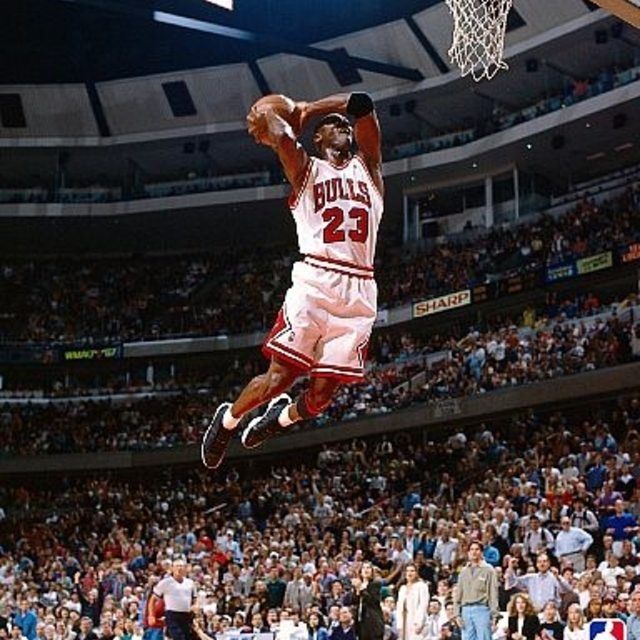 Parents like it, and they are ready to bring their children again.
Parents like it, and they are ready to bring their children again.
- What are the main results of the Minibasket 2022 festival?
- The fact that despite all the difficulties associated with logistics, people believed that the festival would take place and came to us. We lost only 15-20 percent of the participants. I know that some people waited until the very end to be able to fly to Anapa.
Secondly, we have completely preserved both the format and content - thanks to the RFB and our partners. A huge achievement will be the new site, which was built jointly with the Energetik camp.
- How likely is there to be an extra shift in September?
- At the beginning of July we will approve all schedules. Usually planning for the next year takes place in November. And for the first time we were so close - we only have a month to apply. The main task is to talk with all interested parties on what dates it is possible to hold the event.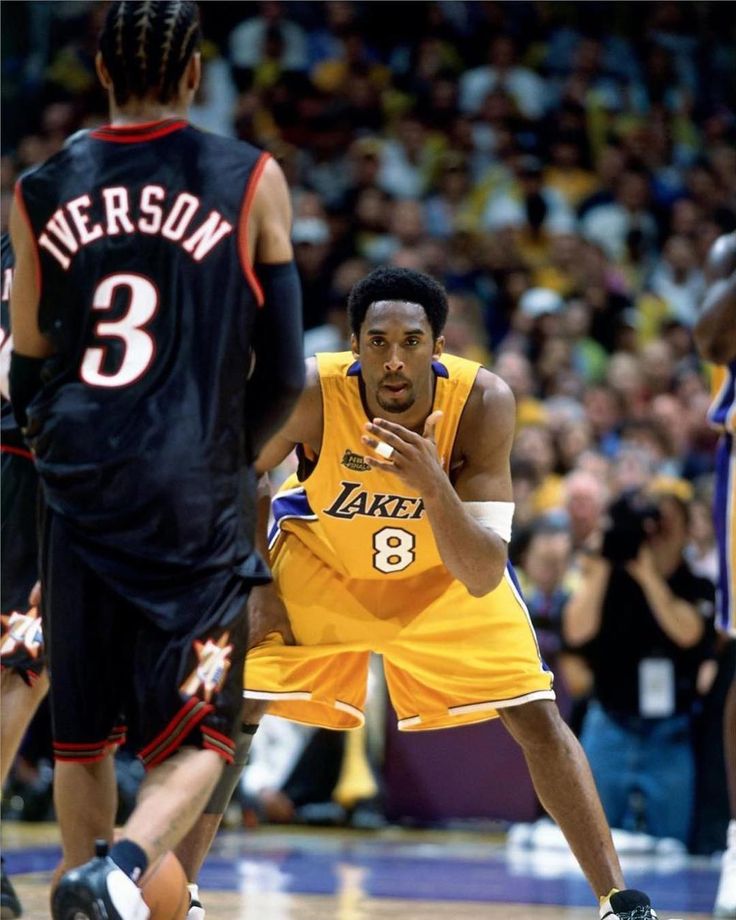 To choose convenient and comfortable for everyone. I hope everything works out for us.
To choose convenient and comfortable for everyone. I hope everything works out for us.
- What changes should we expect in 2023?
- Global is not expected. In terms of age, this year we changed the format - each team could have two players who were born a year earlier after October 1st. And received positive feedback from the teams. These are the children who, due to their age, spend little time on the playground, sometimes they cannot compete with those who were born at the beginning of the year. And here they have the opportunity to play.
We will definitely continue all the tournaments. This year, 4x4 was introduced not in one, but in two younger ages. An important change also affected 3x3 basketball. Now, in the two older age categories, competitions are held not according to lightweight, but according to official 3x3 rules - except that the criteria for playing time and the final score are slightly lower. But without coaches, as required by FIBA rules.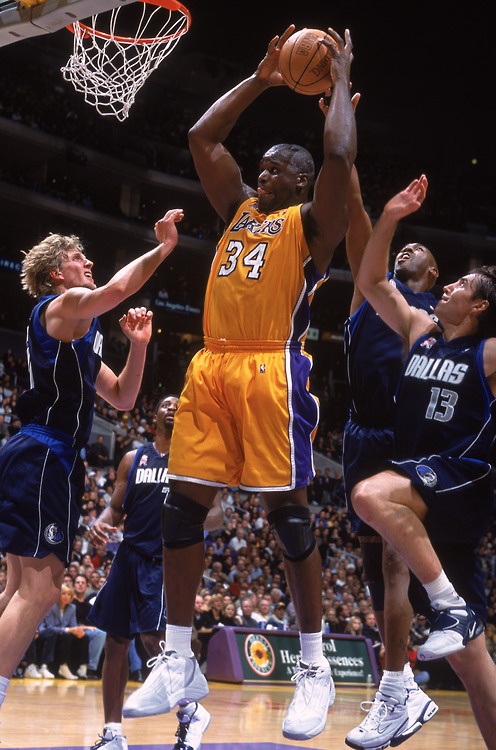 This is done so that children at the age of 11-13 understand what real 3x3 basketball is. And we will continue to keep this format.
This is done so that children at the age of 11-13 understand what real 3x3 basketball is. And we will continue to keep this format.
We plan to introduce more modern things about basketball so that children would be more interested. My big dream is that "Minibasket" will be held not only in the summer, but also at other times, at least in the federal districts. And over time, launch the "Minibasket" league throughout Russia.
- For you personally "Minibasket" - what is it?
- If you go completely sentimental, I would compare him with a small child whom we are raising throughout the Federation: since 2015 - together with Alexei Savrasenko, since 2017 - as a project manager. We want this child to grow up happy. The main task is not about sports and basketball. This is a story about the cool emotions of children that are associated with a basketball. Our main mission is for the child, having become an adult, to continue to love basketball all his life.